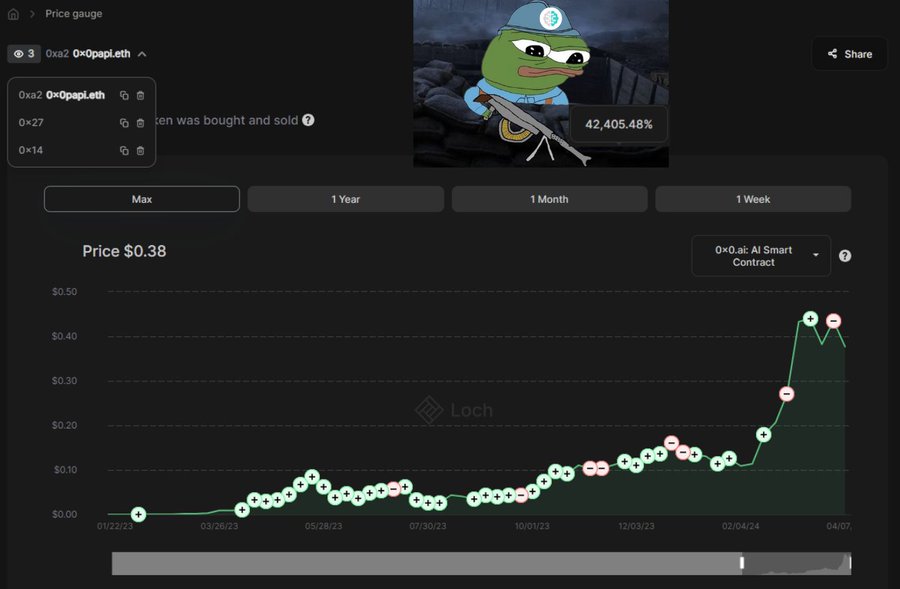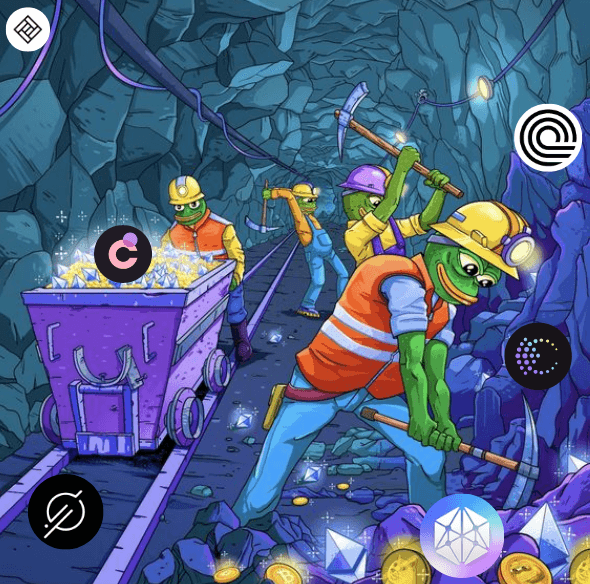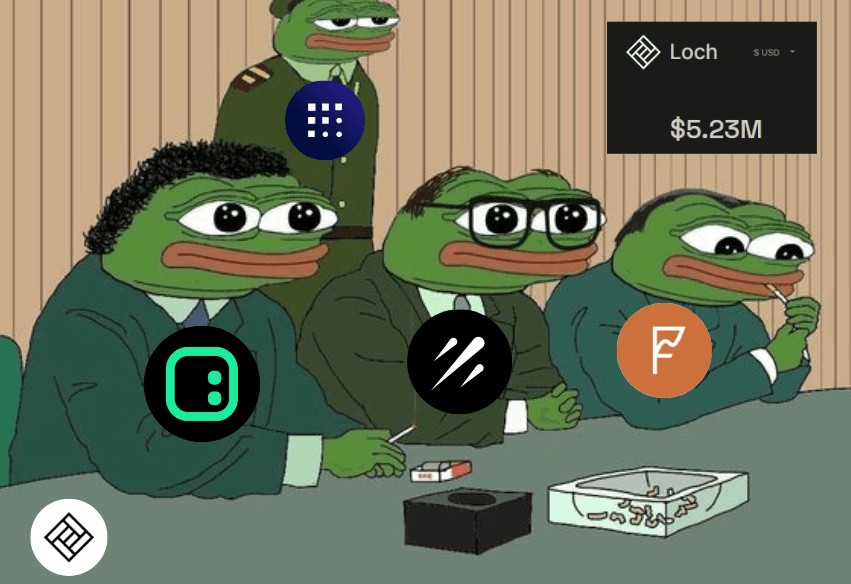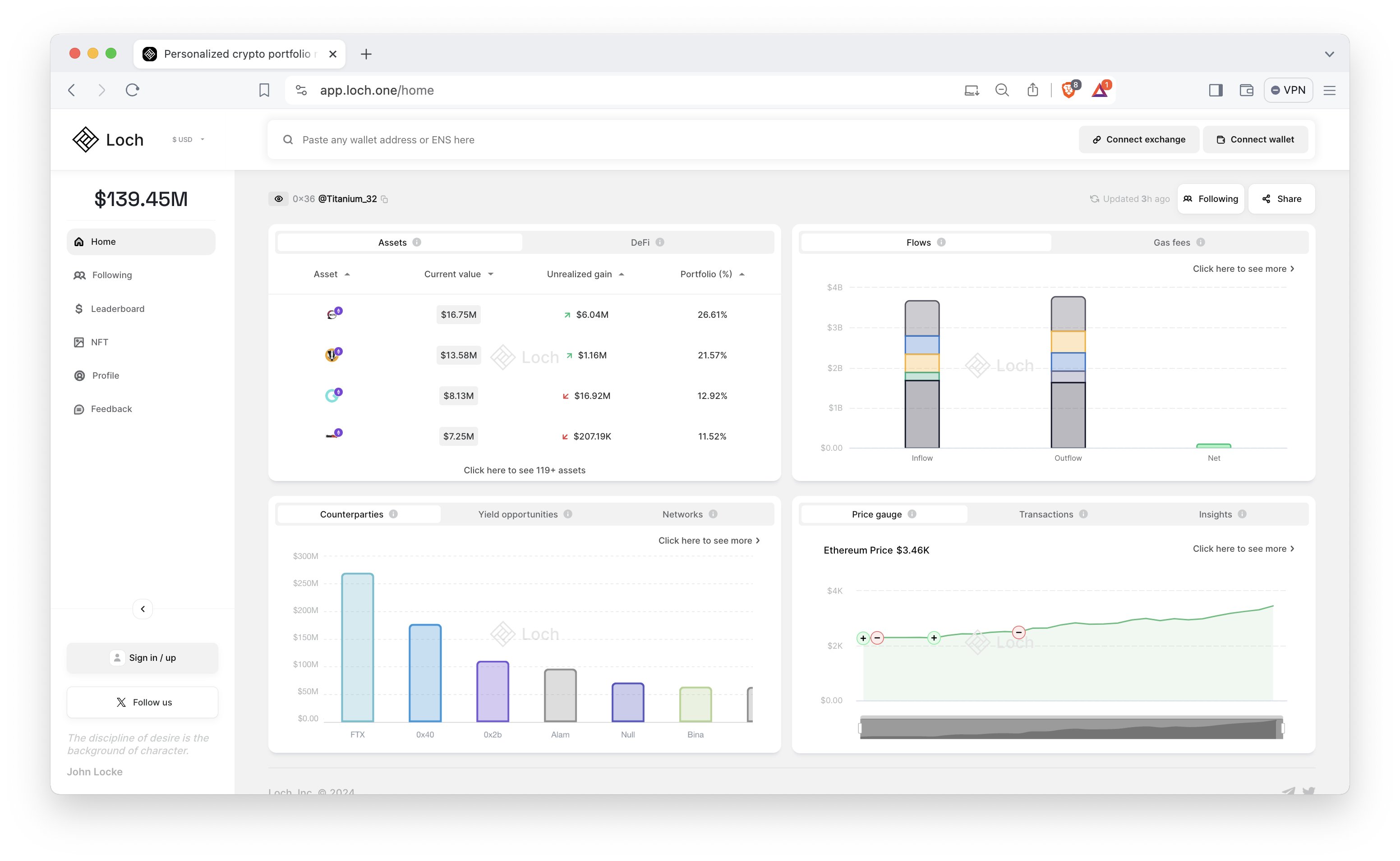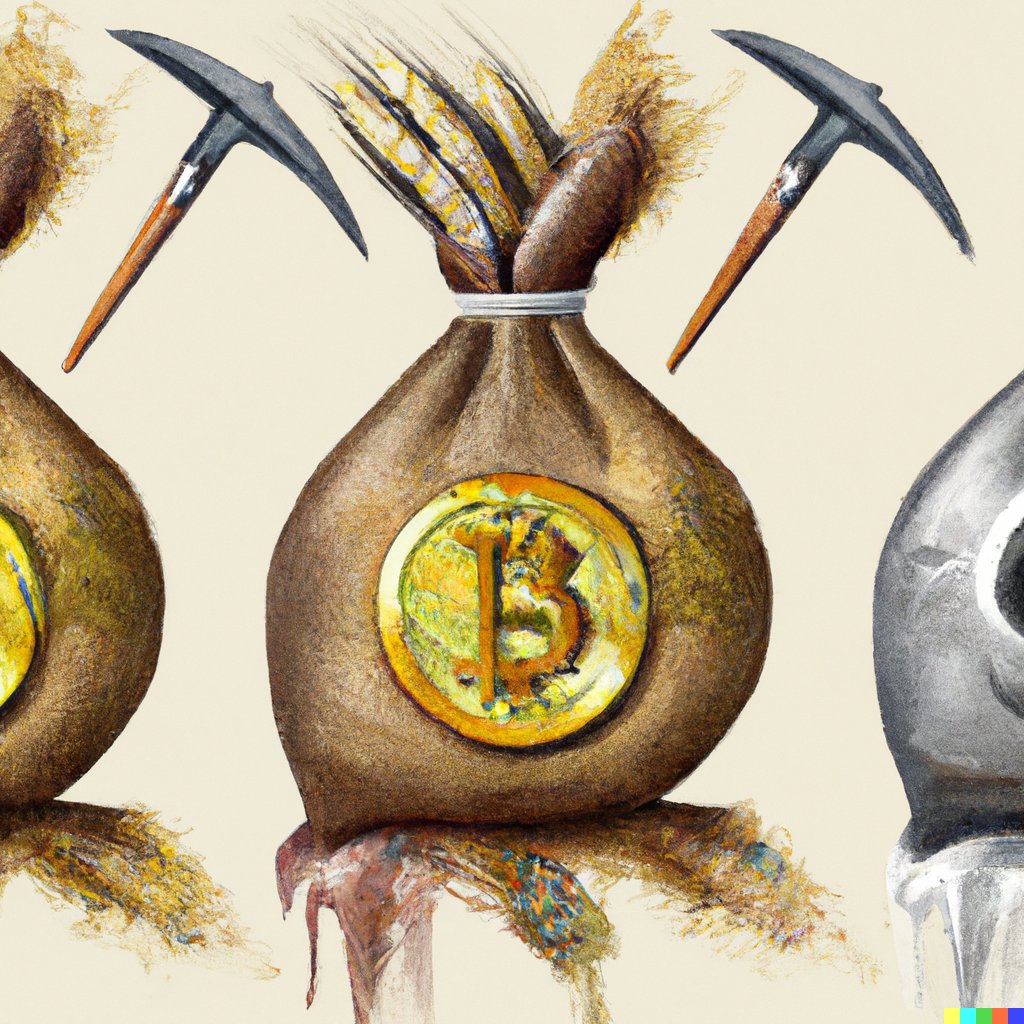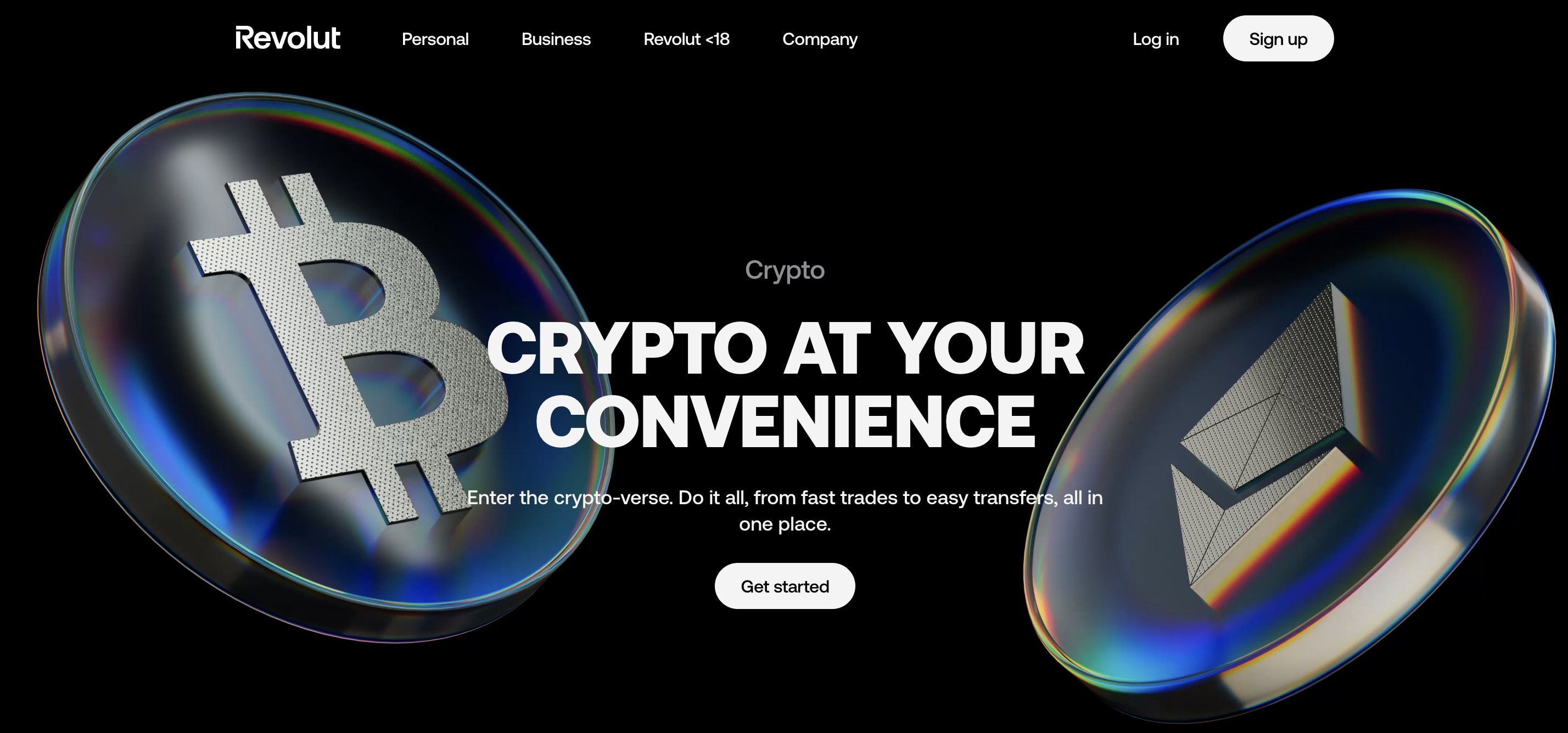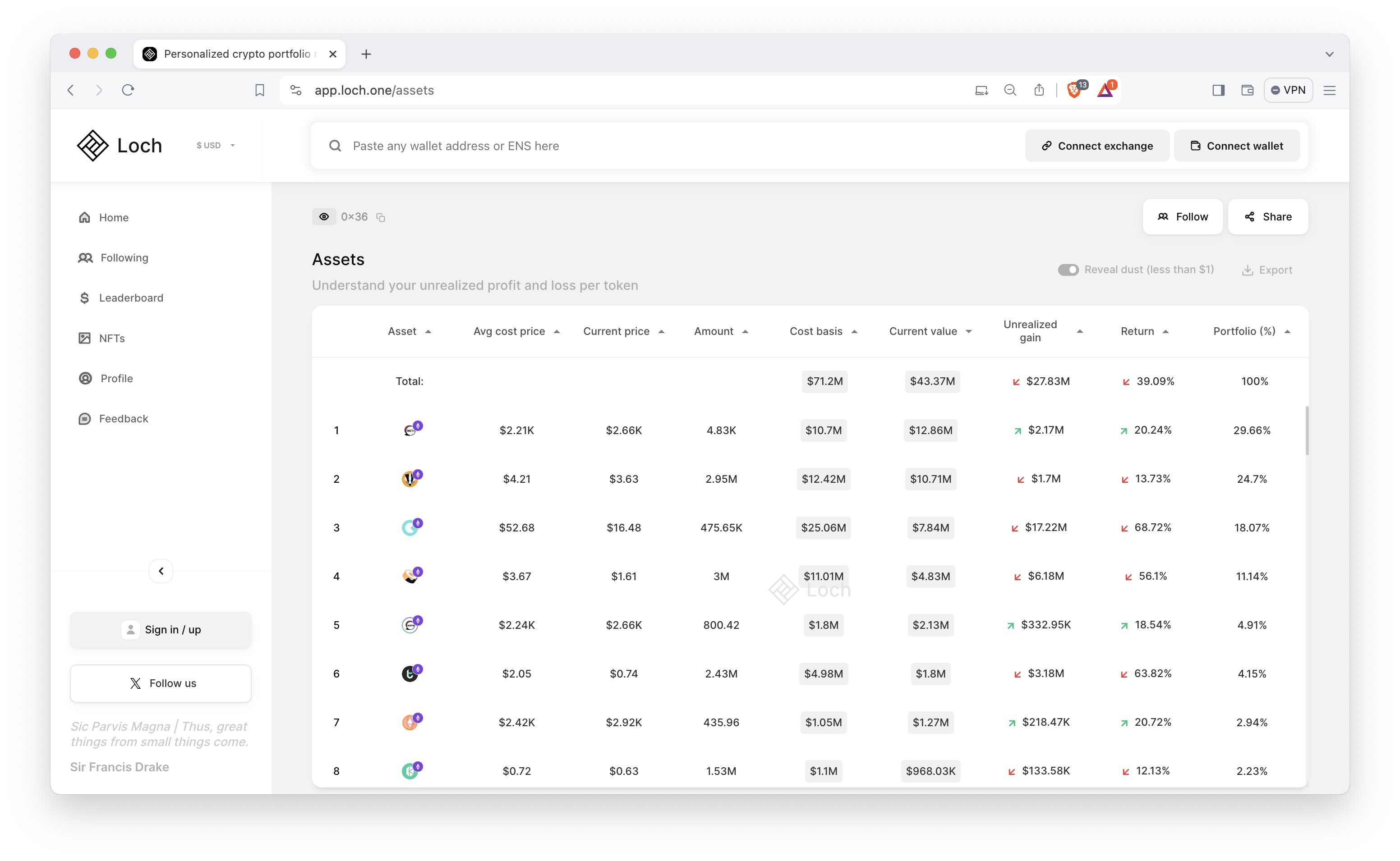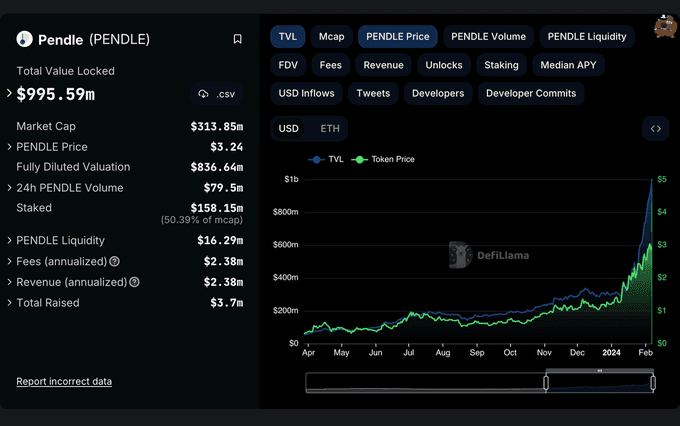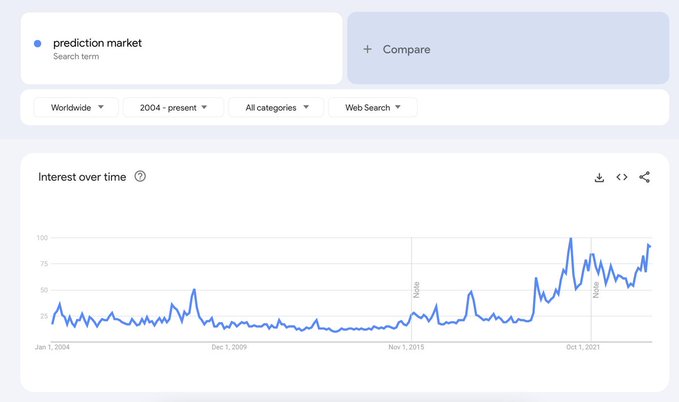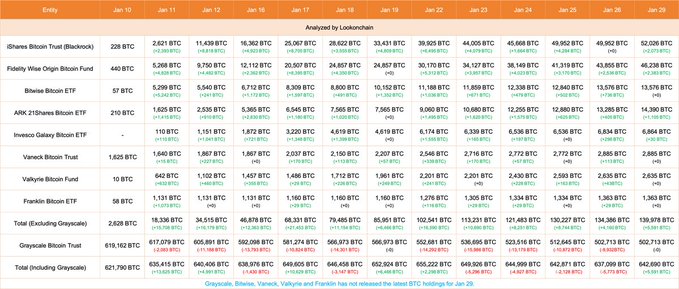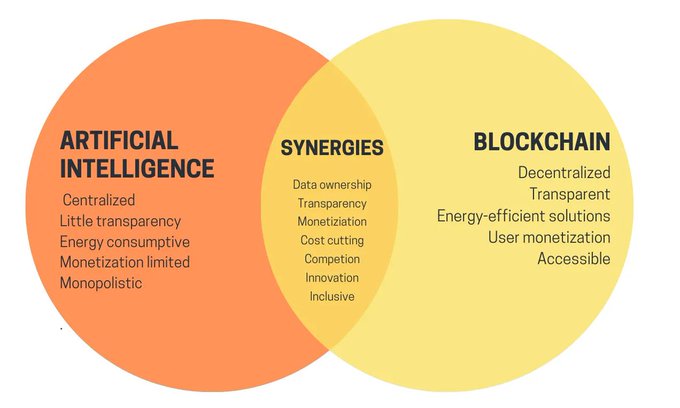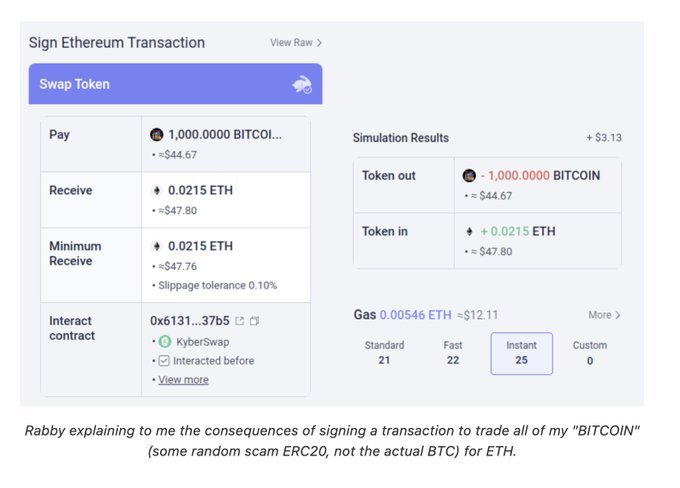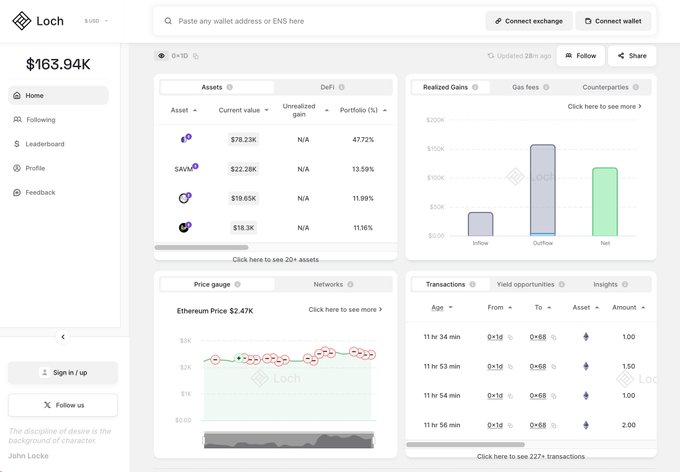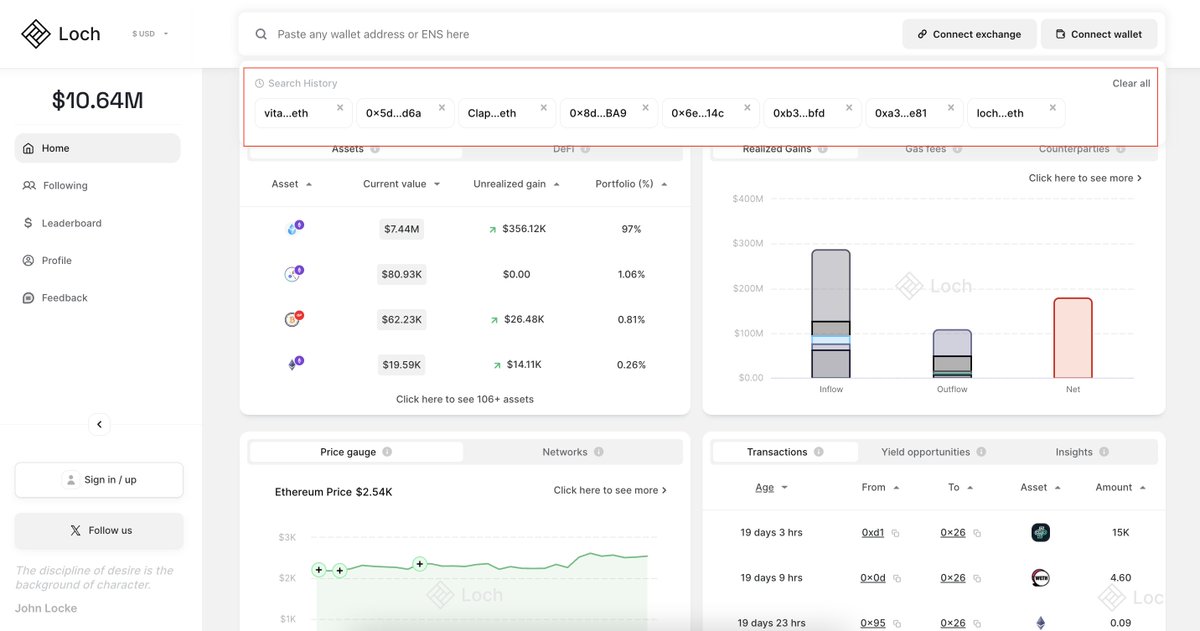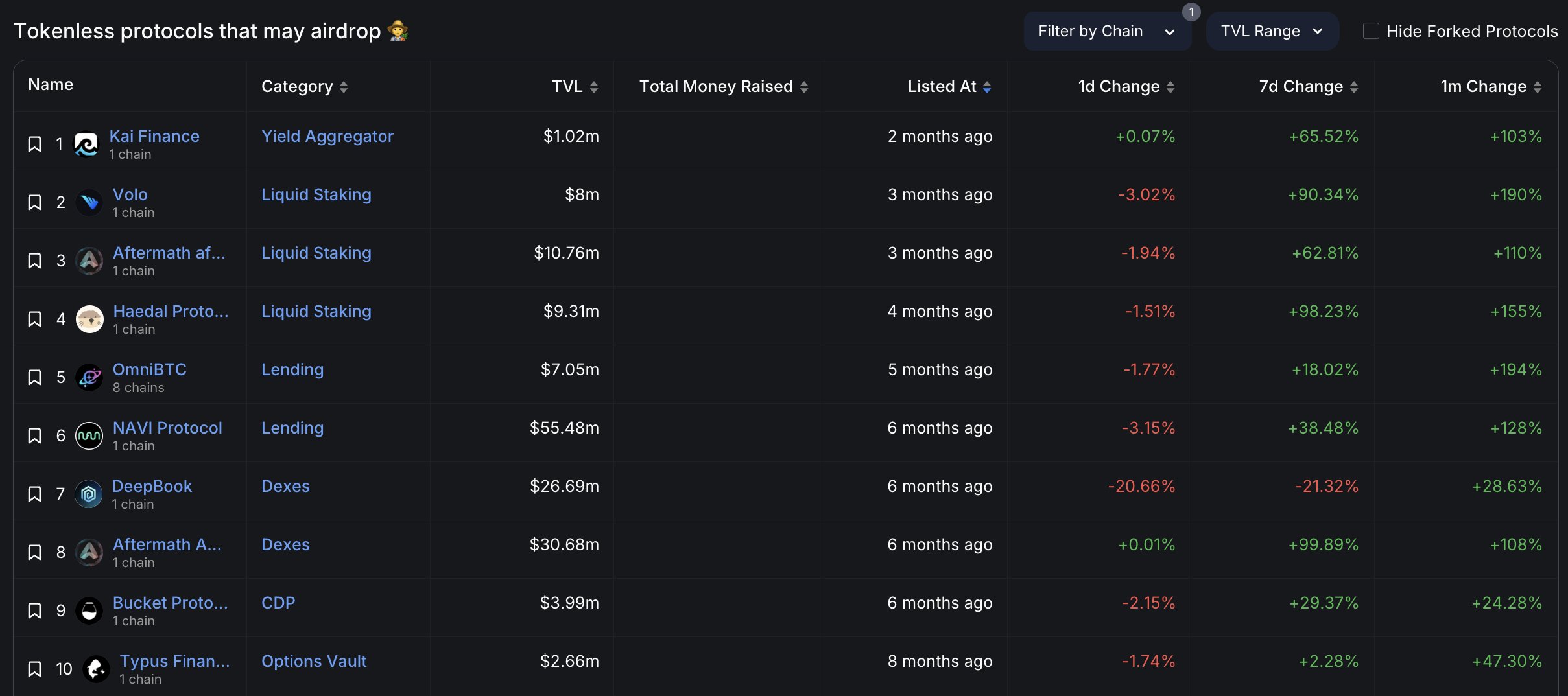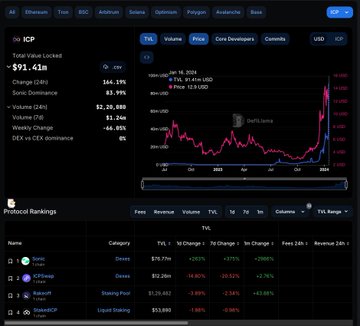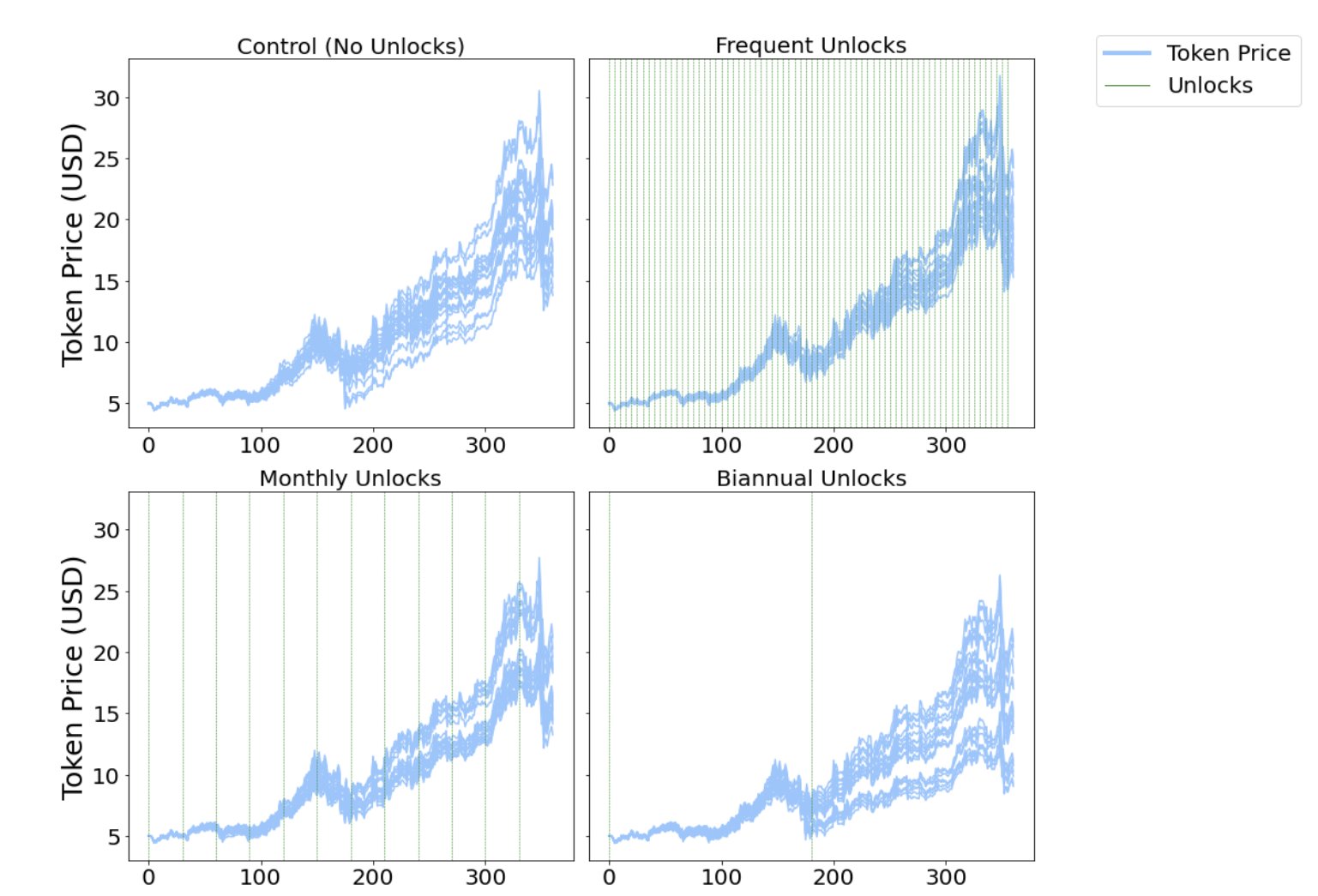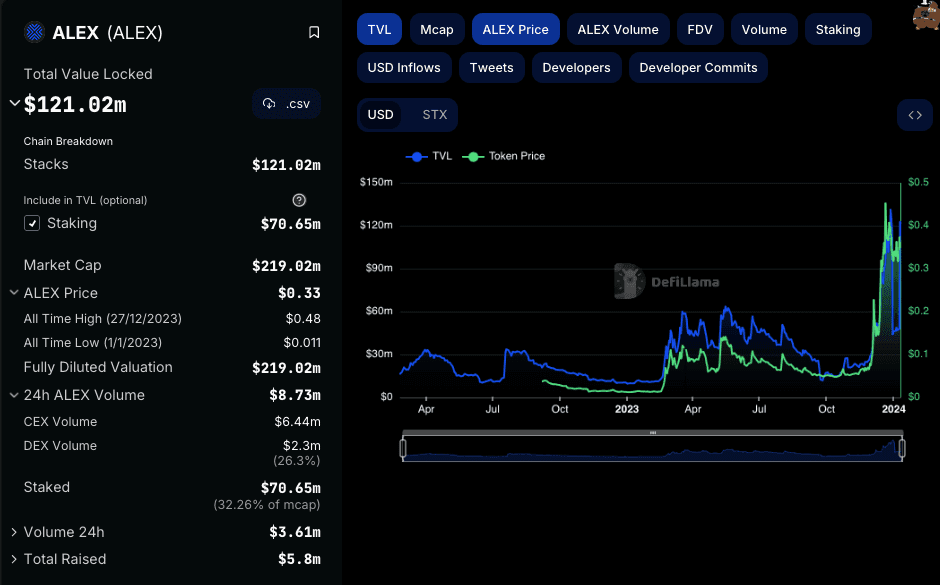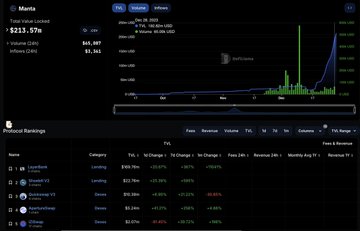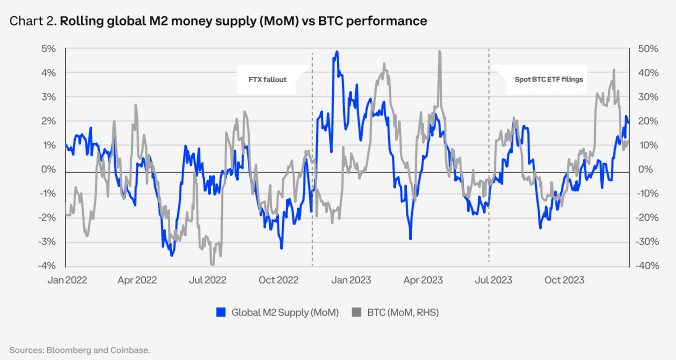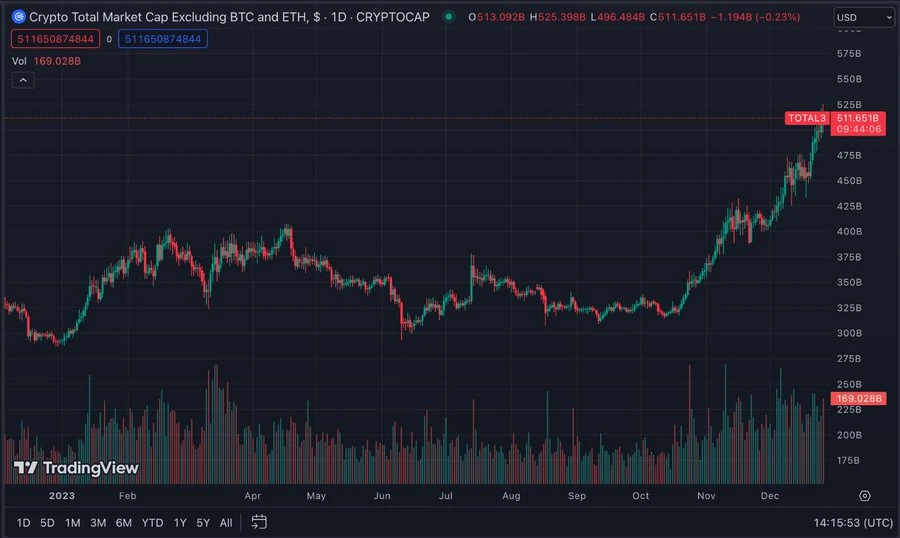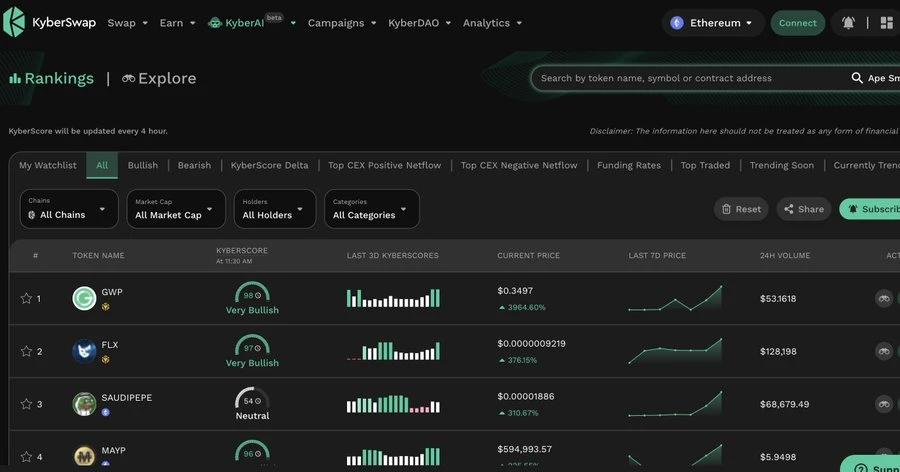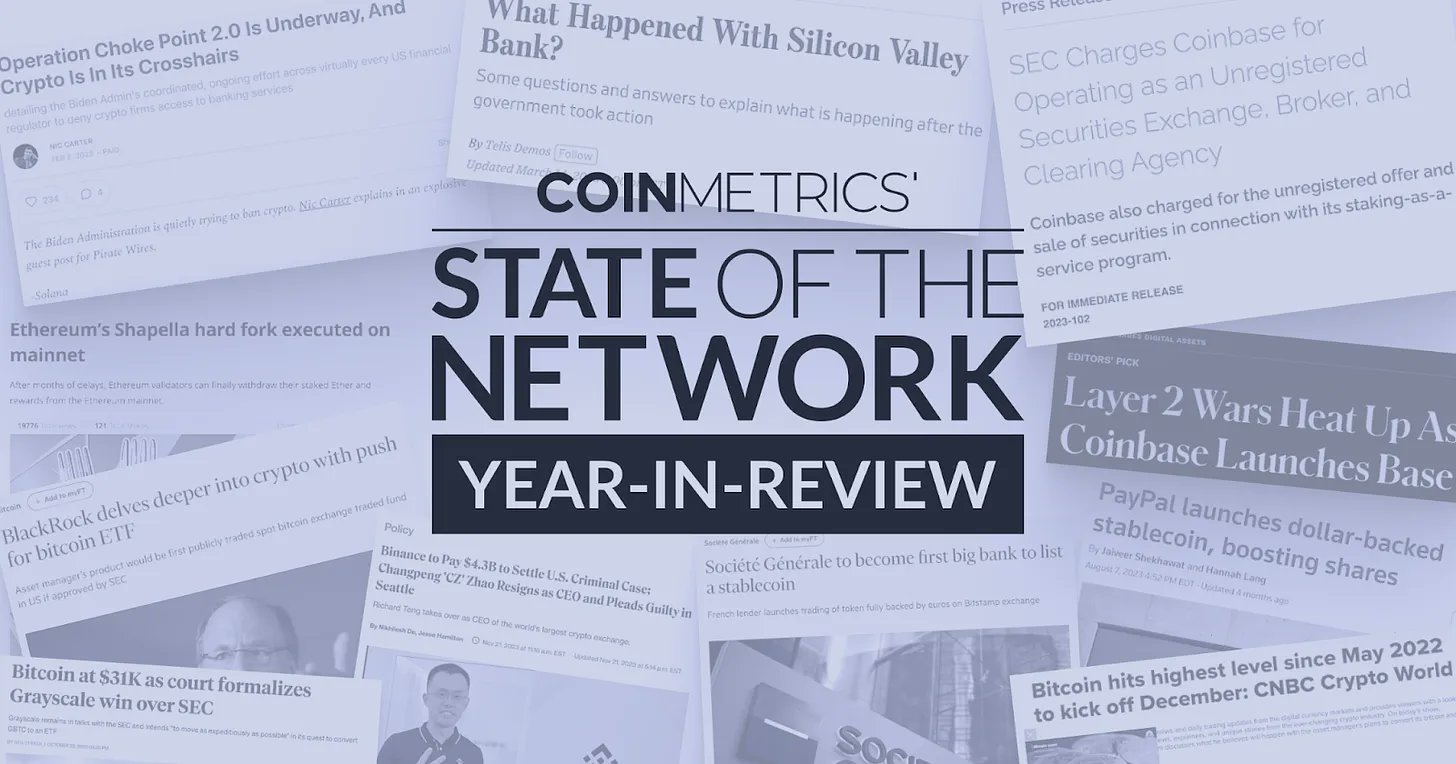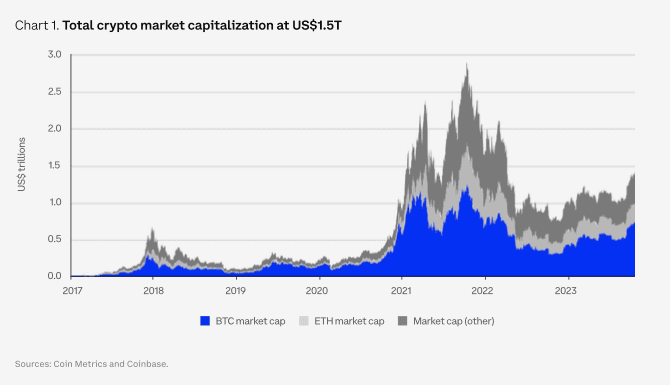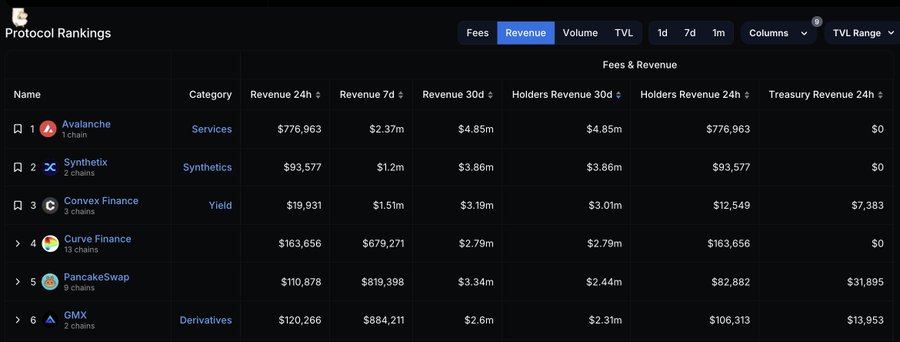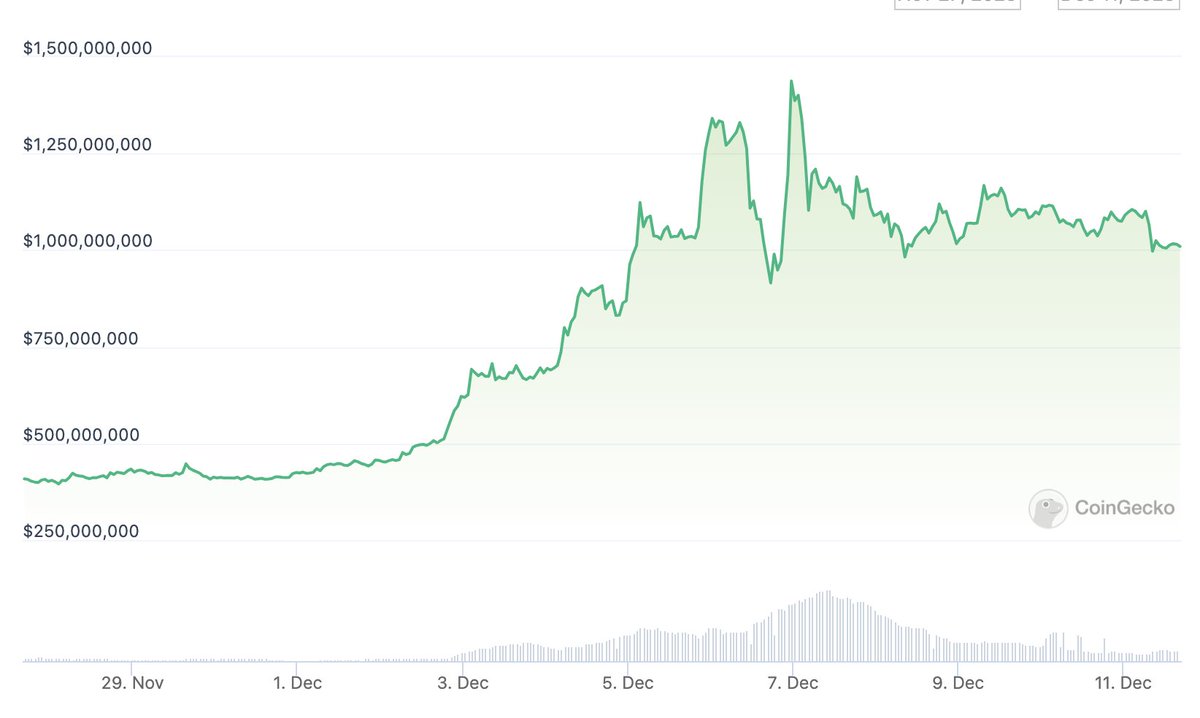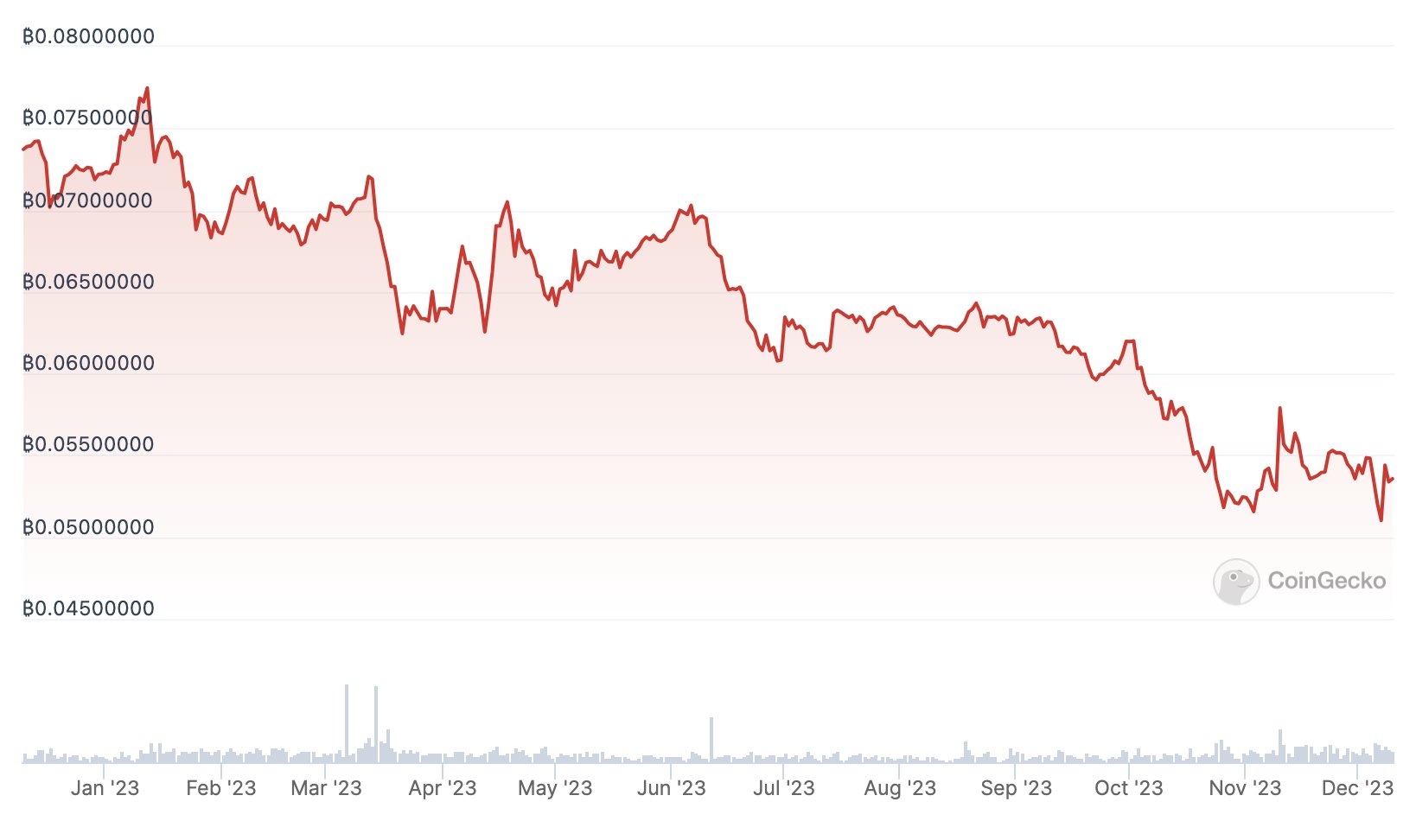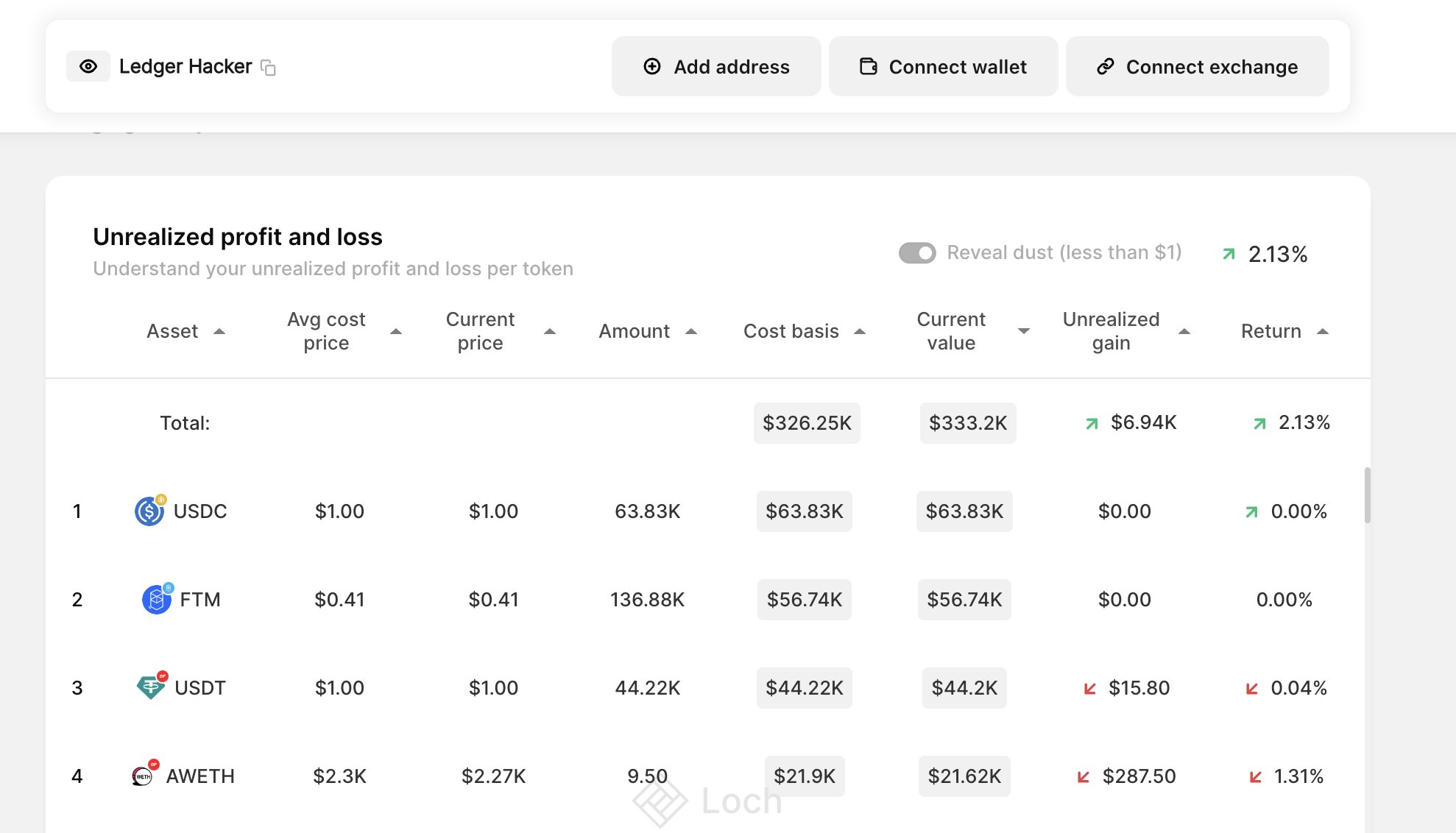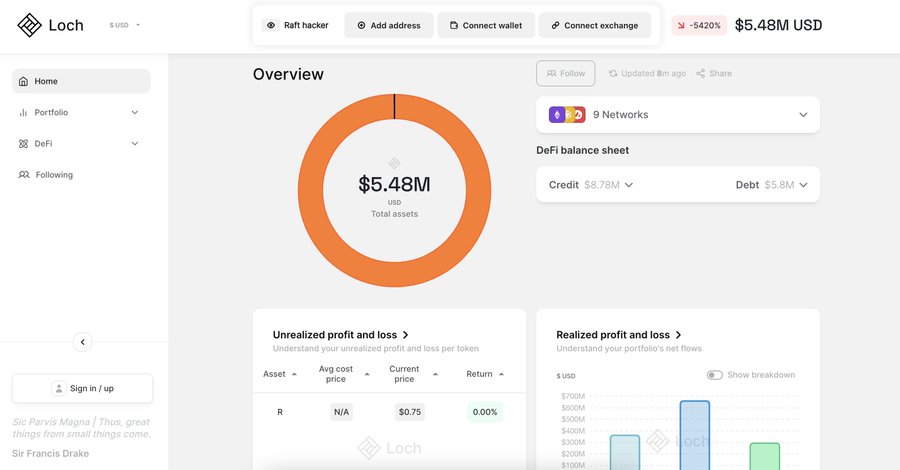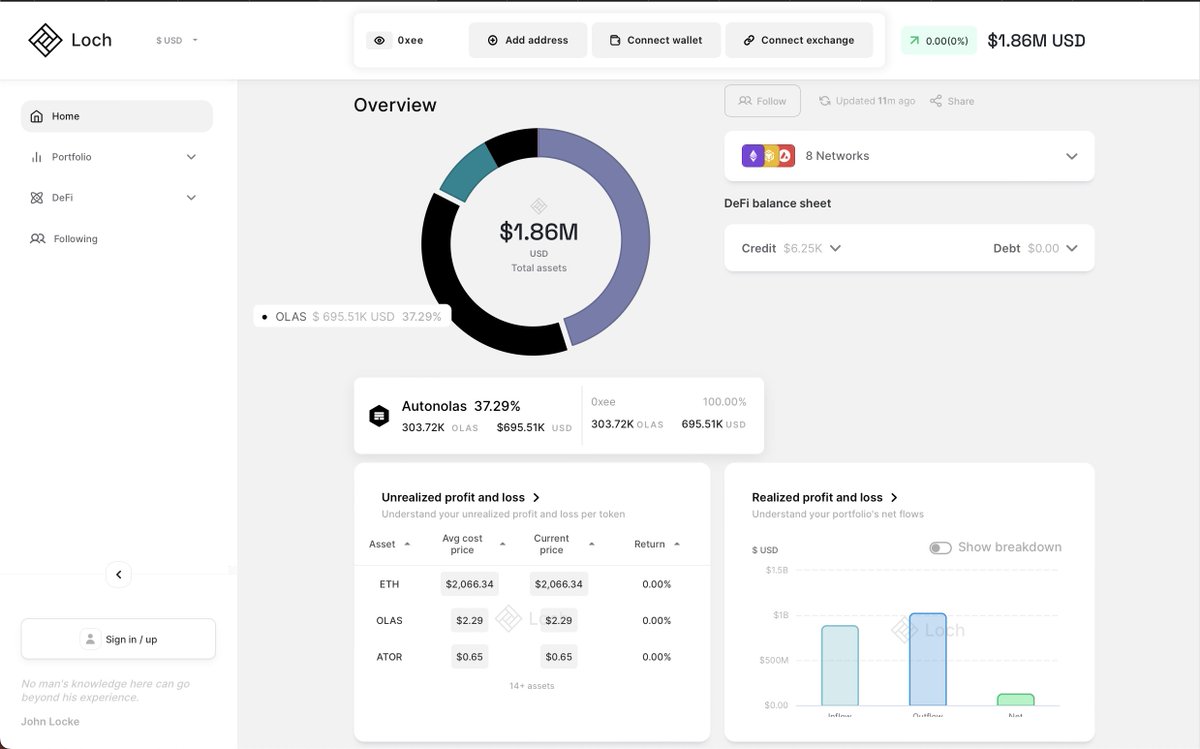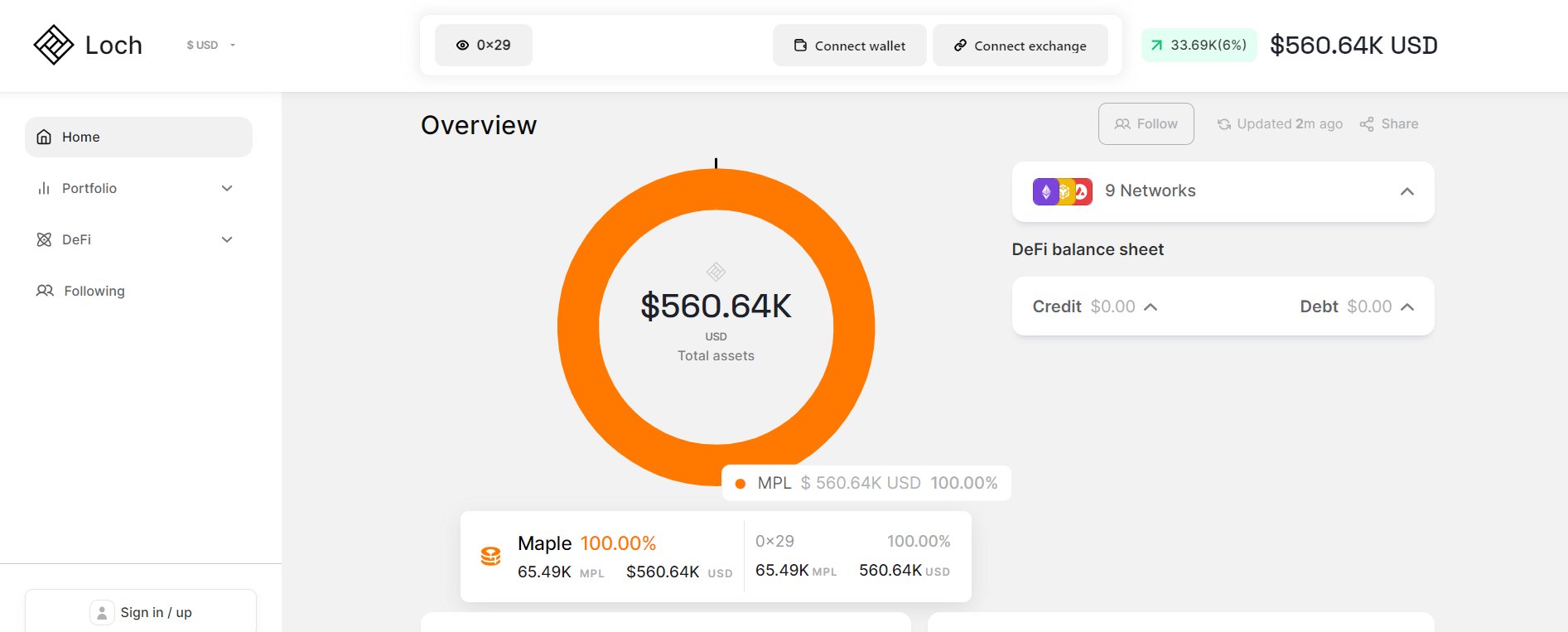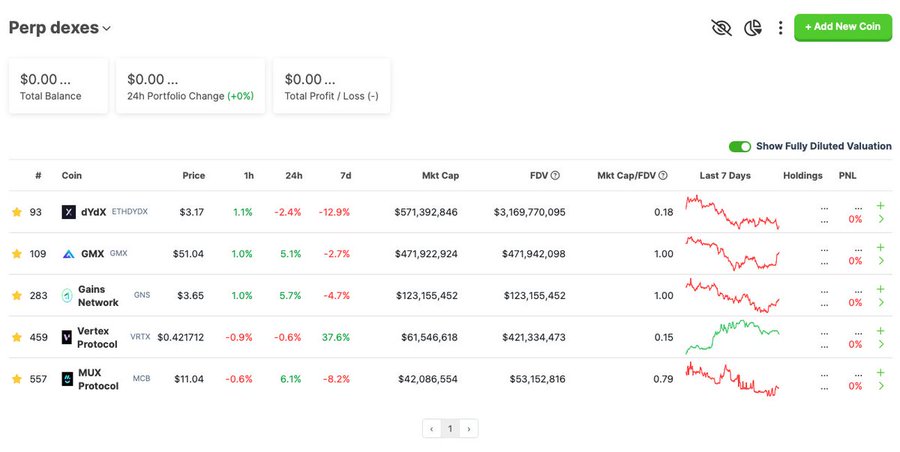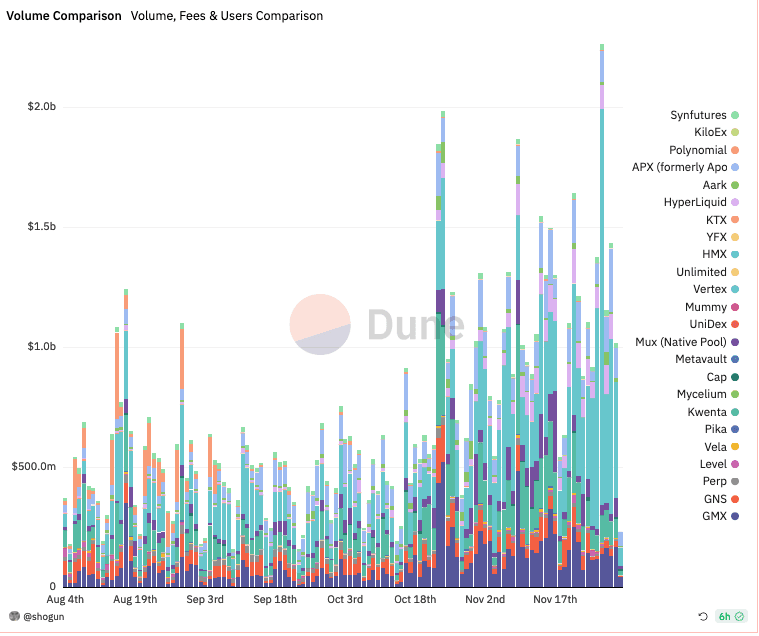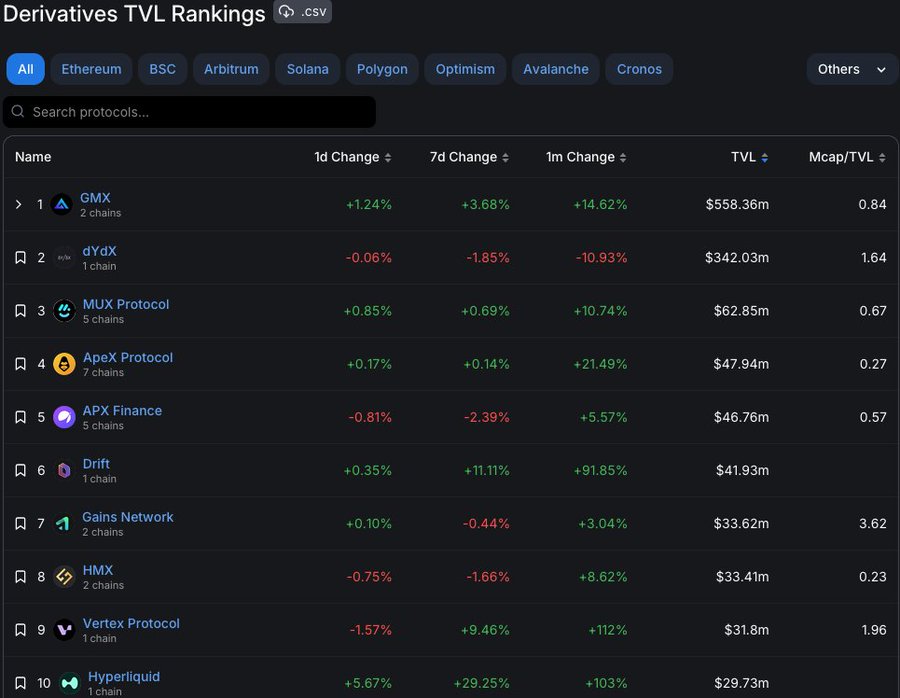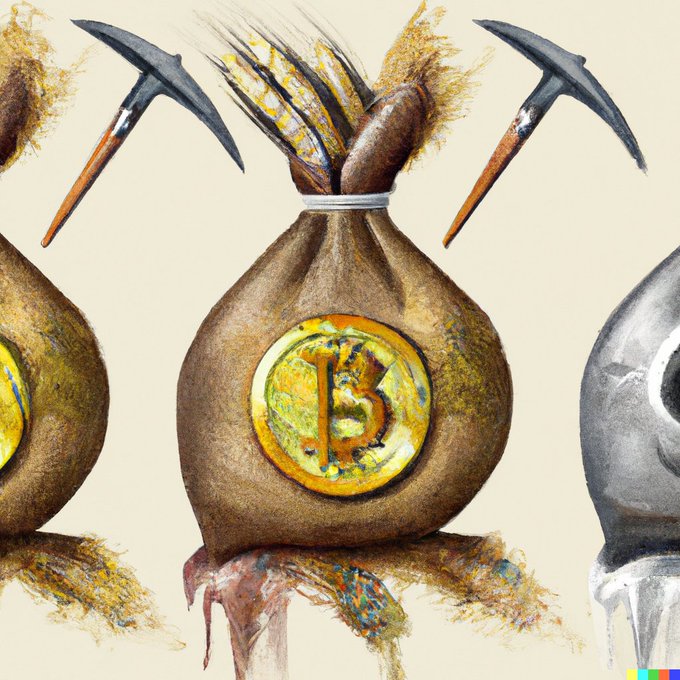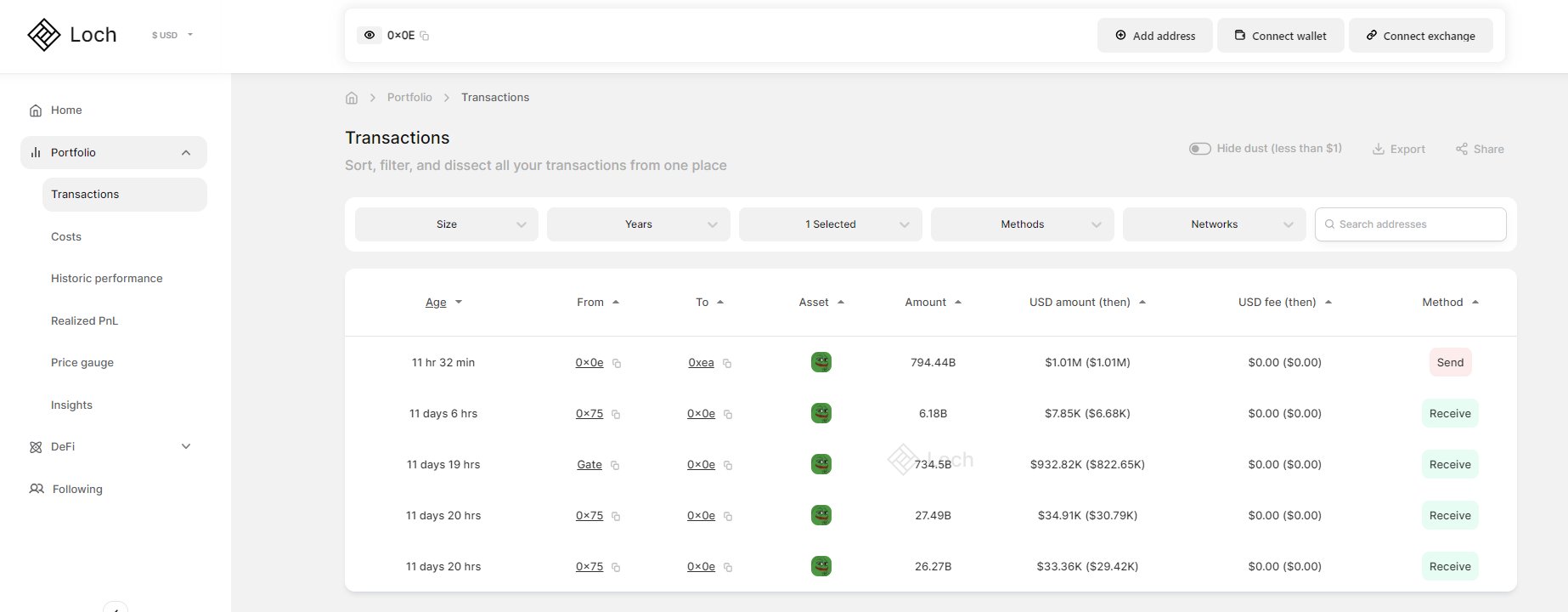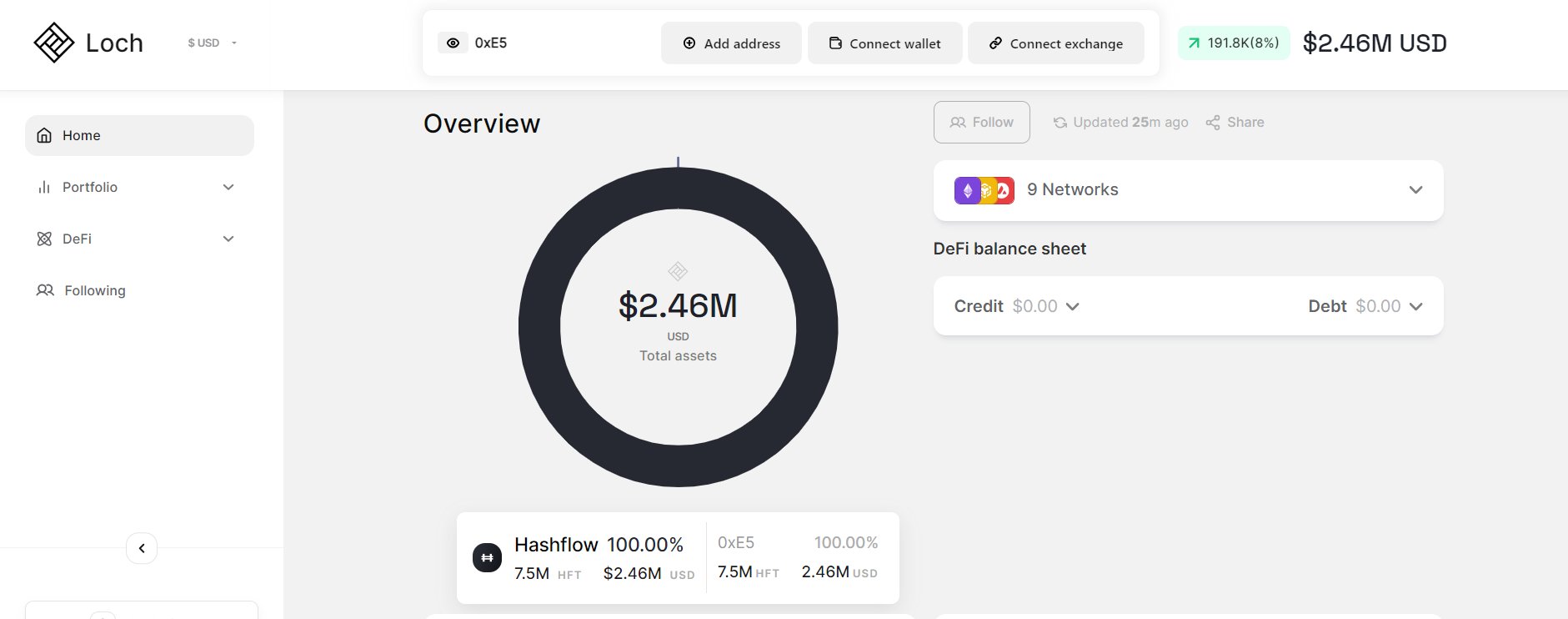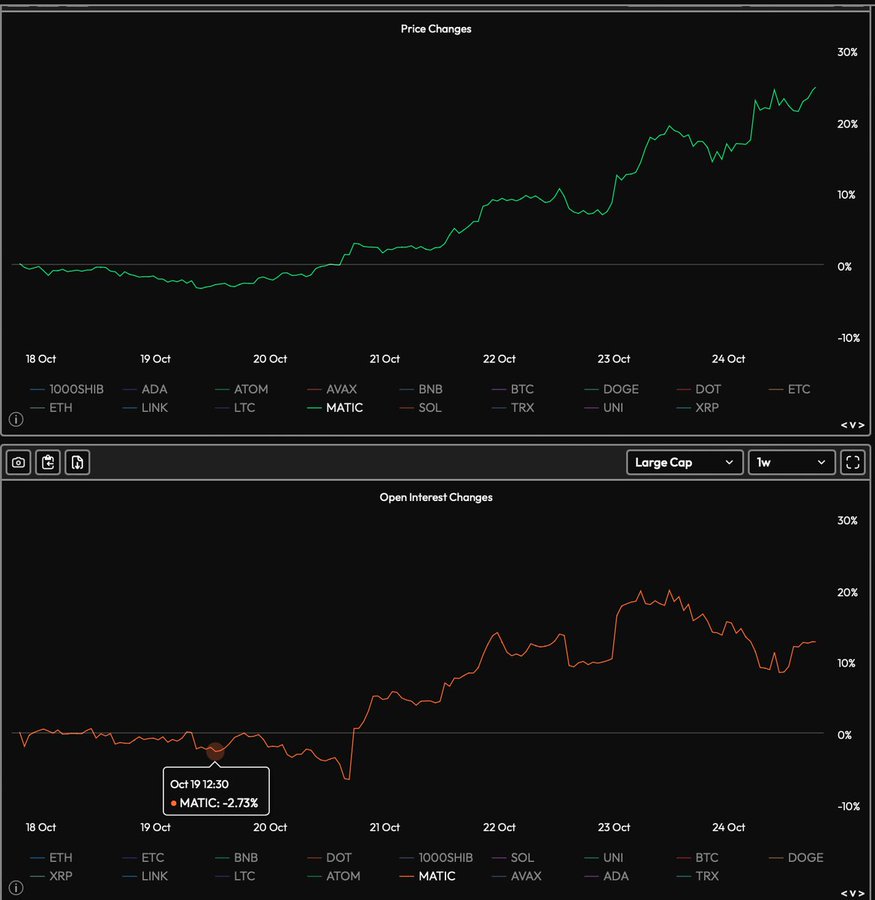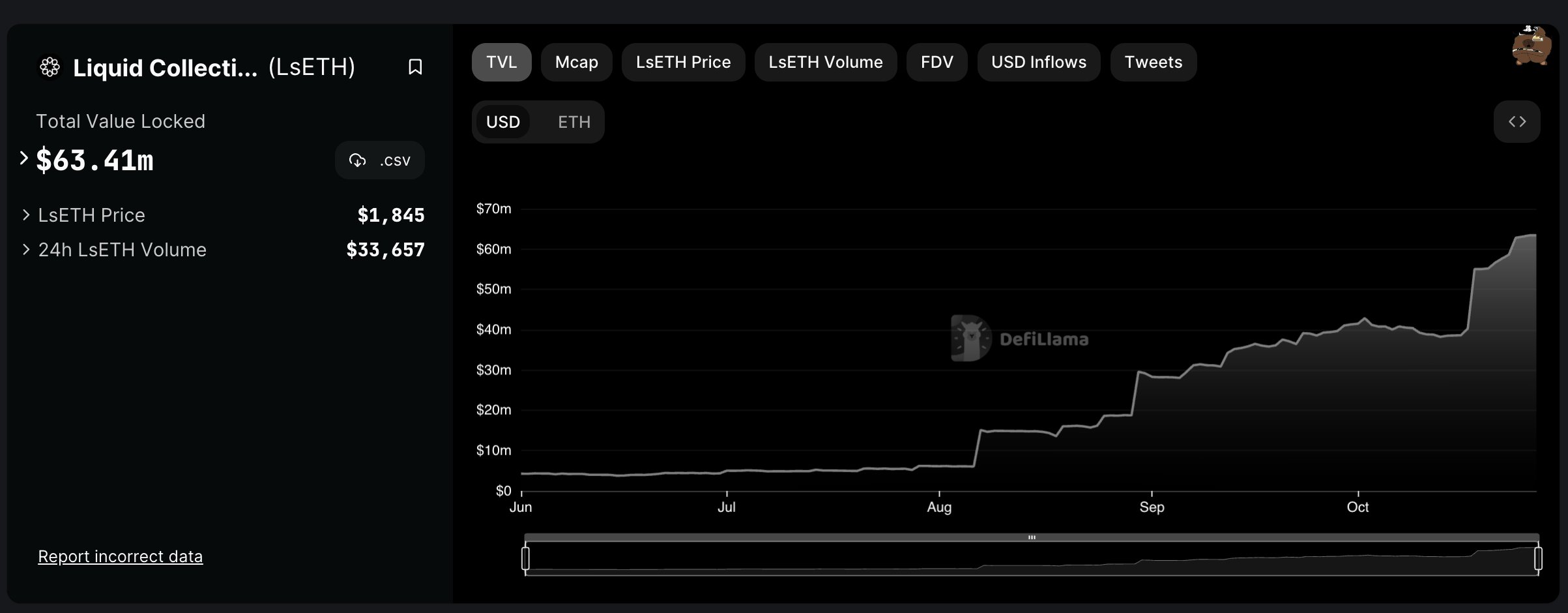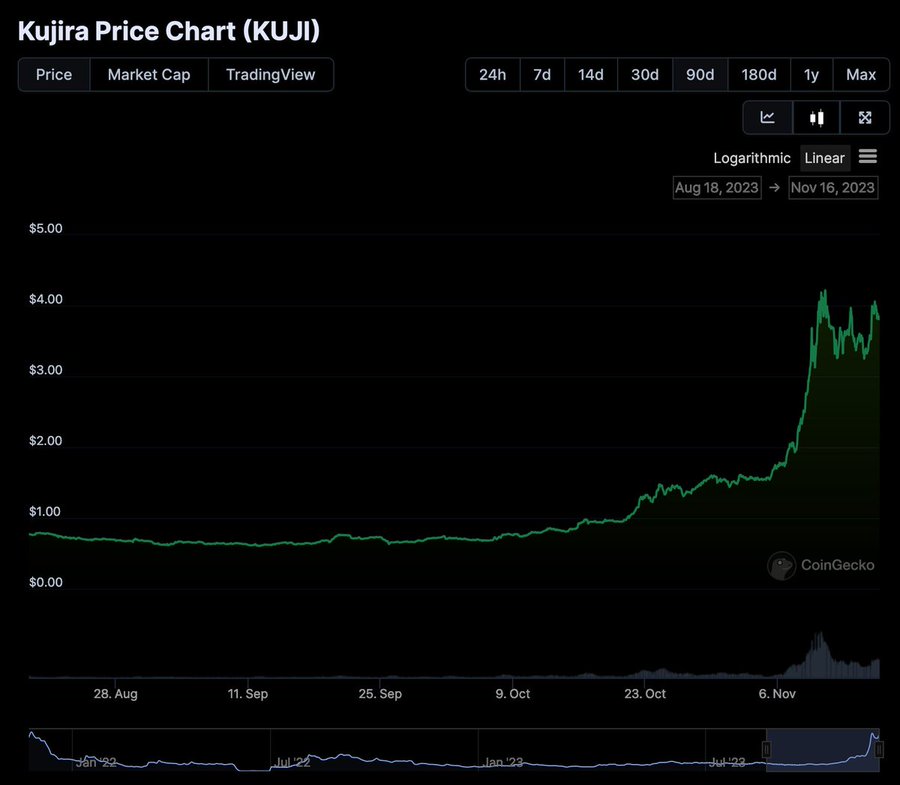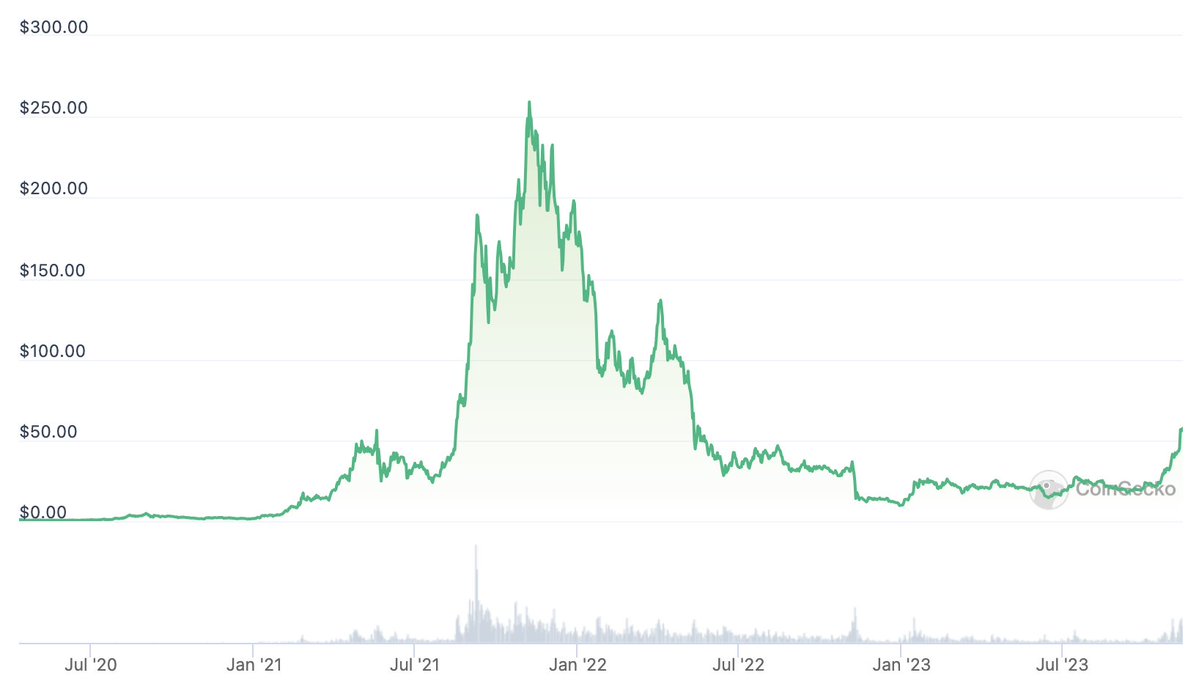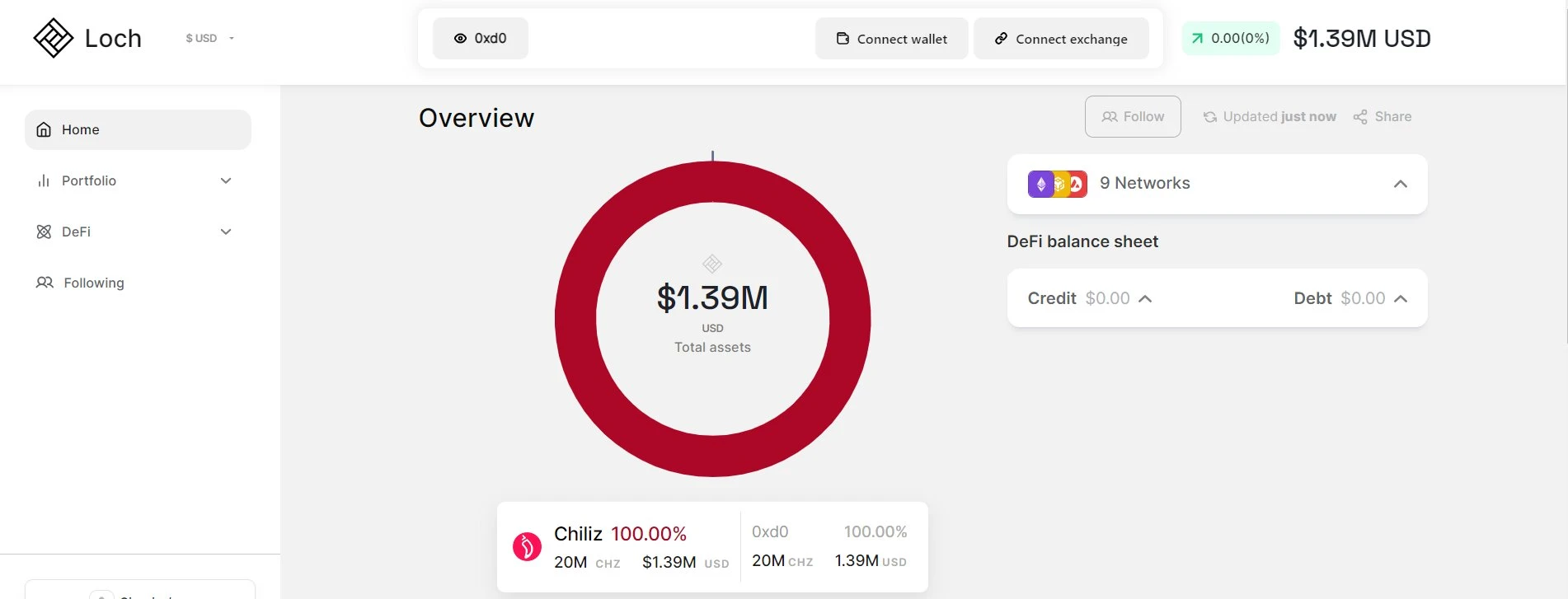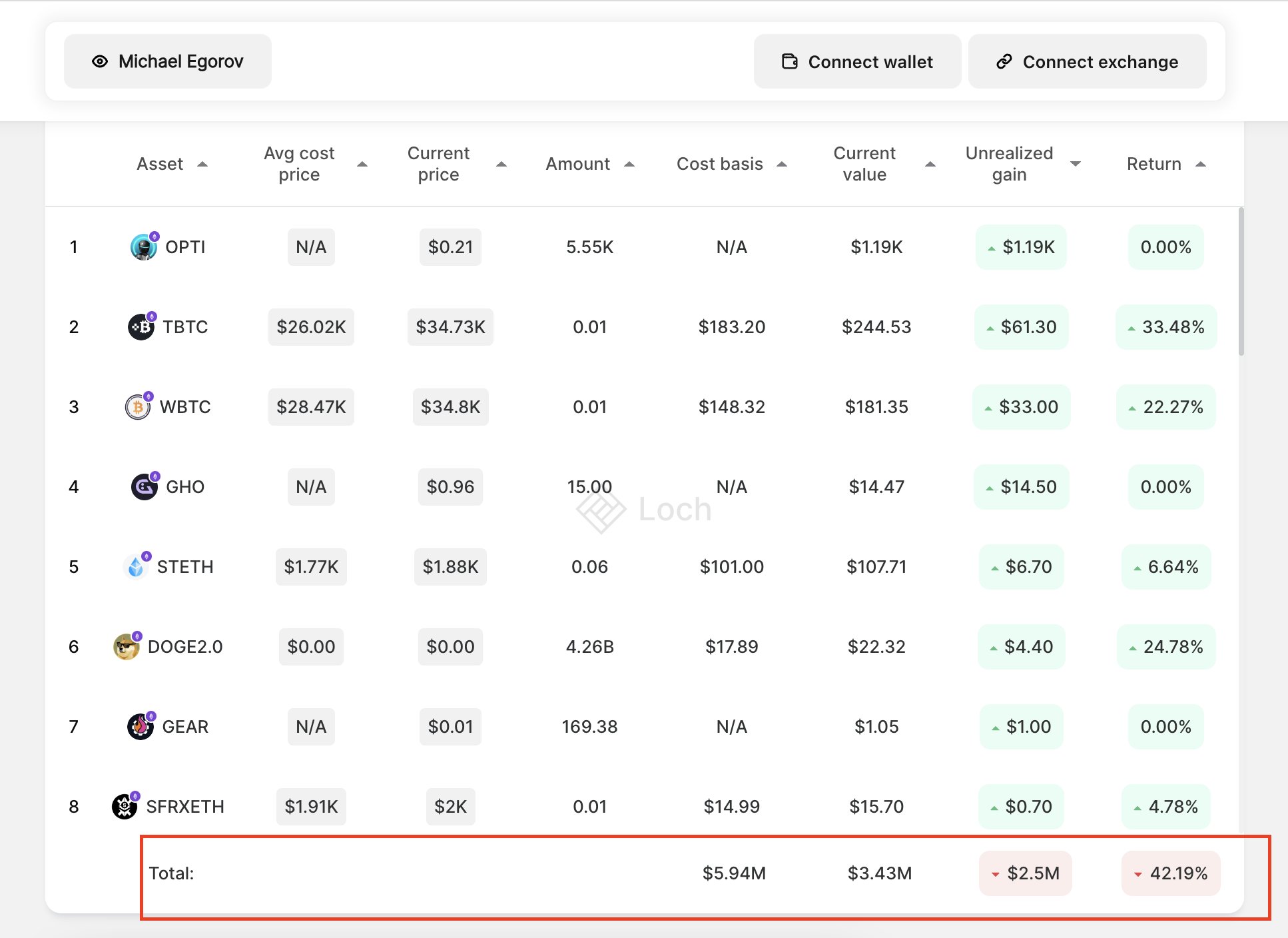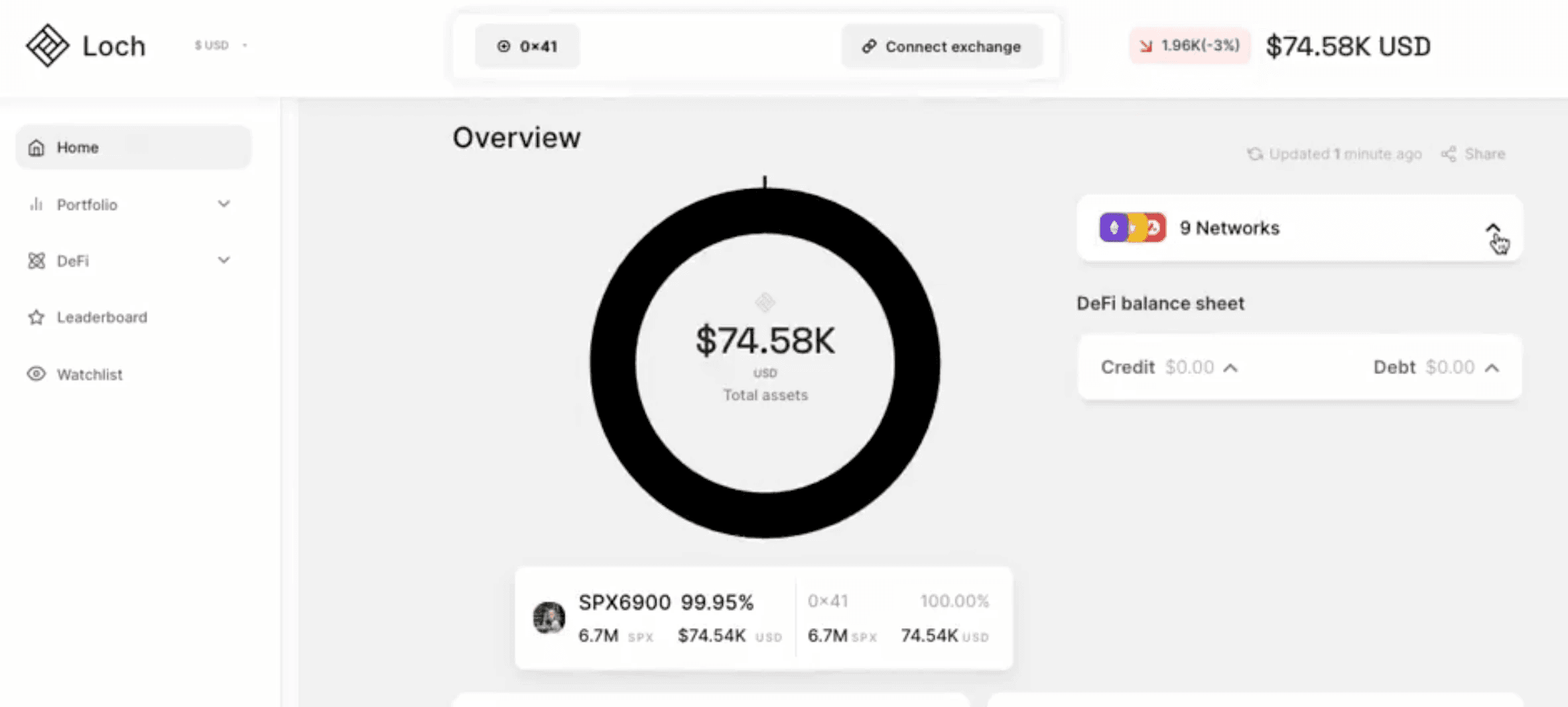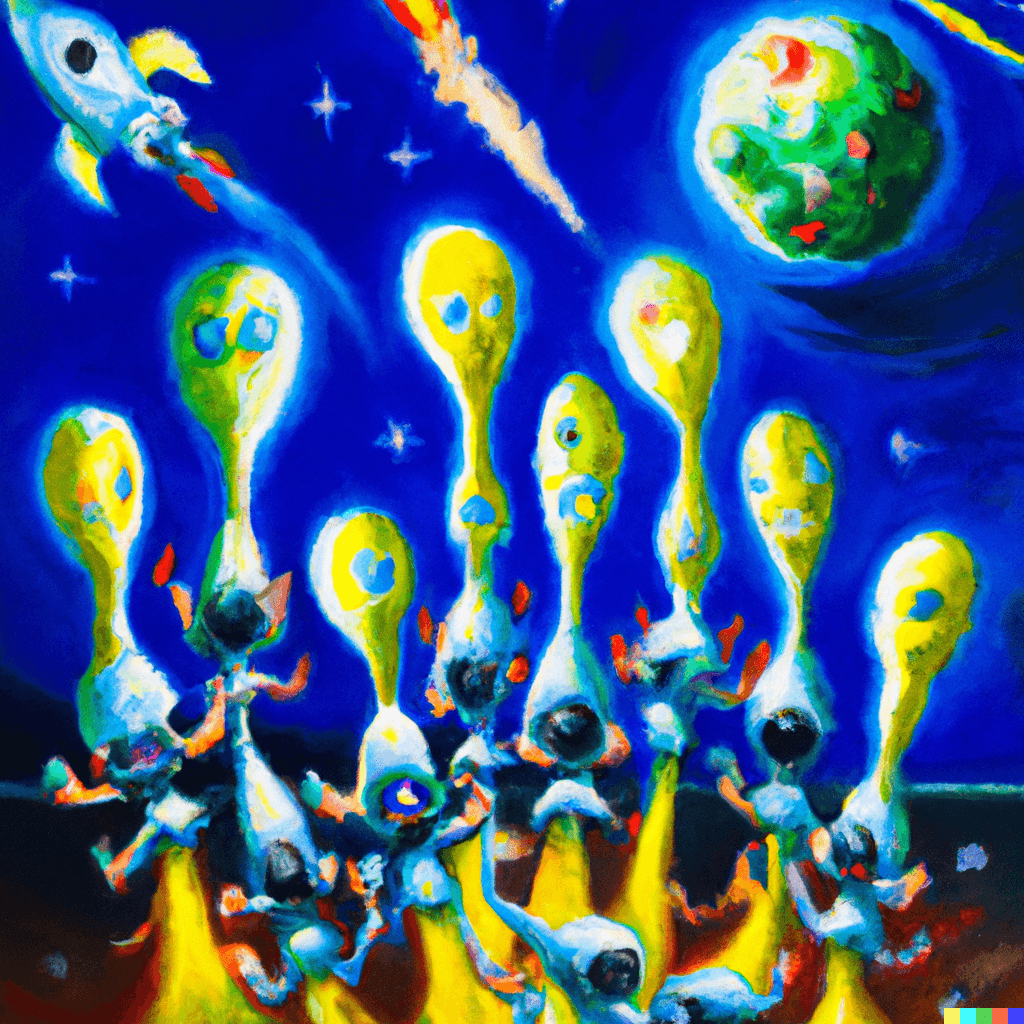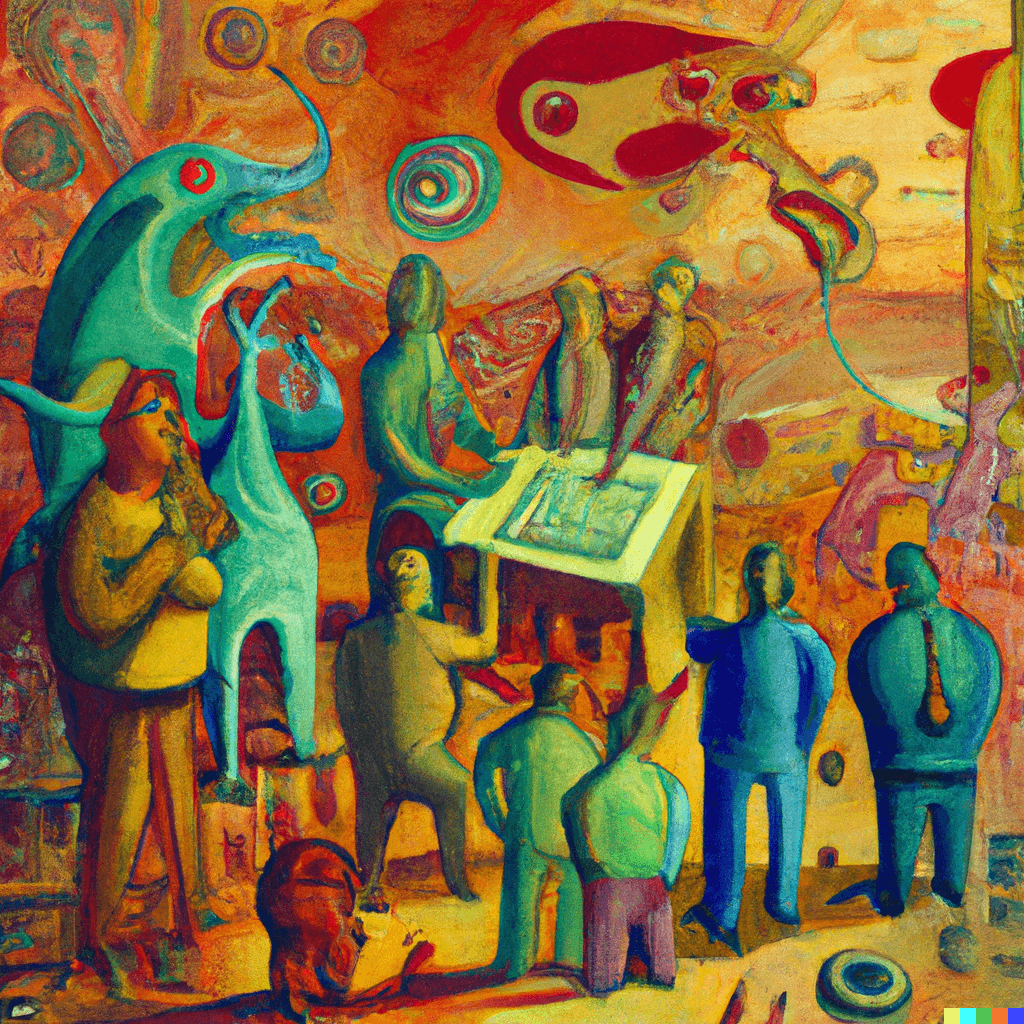EIGEN Token: Advancing Universal Work Tokens
Cryptocurrencies and blockchain technology have revolutionized the way we perceive and conduct financial transactions. At the core of this revolution are tokens, digital assets that represent a wide range of utilities and functions within blockchain ecosystems. These tokens can represent anything from currency to assets, and even voting rights or access to specific services.
EigenLayer's $EIGEN token is a prime example of this innovation, introducing a novel concept of a universal intersubjective work token. In the context of blockchain platforms, work tokens are crucial for performing validation tasks, ensuring the integrity and security of the network. However, existing work tokens are often limited in scope and applicability, designed for specific tasks, and enforceable only for those with clear, programmable proof.
$EIGEN aims to transcend these limitations by introducing a staking model that expands the scope of tokens like ETH to make them universal objective work tokens. This means that $EIGEN can be used across all digital tasks and is enforceable based on agreement between reasonable observers on task execution. This innovative approach not only enhances the usability of tokens but also contributes to the overall security and integrity of blockchain networks.
The concept of forking tokens at the application layer further enhances the utility of $EIGEN, allowing it to be used in applications that are unaware of forking. This, along with expanded dimensions such as universality, isolation, metering, and compensation, makes $EIGEN a versatile and valuable asset in the decentralized AI ecosystem.
The implications of EigenLayer's approach are profound. By introducing a token that is not only universal but also verifiable by reasonable observers, EigenLayer is paving the way for a new era of decentralized AI. This approach not only enhances the security and efficiency of digital tasks but also democratizes access to AI capabilities, empowering individuals and businesses worldwide.
In conclusion, EigenLayer's $EIGEN token represents a significant advancement in the field of decentralized AI and blockchain technology. By introducing a universal intersubjective work token, EigenLayer is addressing key limitations of existing work tokens and paving the way for a more secure, efficient, and accessible decentralized AI ecosystem.
When the cryptocurrency market is turbulent, experienced traders often say, "Buy when there's blood in the water." This strategy advises investors to capitalize on market downturns by purchasing assets that have been undervalued due to fear, uncertainty, and doubt (FUD). One recent example of this strategy is the case of $PENDLE, a token that faced FUD but has the potential for a strong recovery.
The FUD surrounding $PENDLE stemmed from a misunderstanding regarding its Phase 1 allocation. Many believed that Pendle, along with other DeFi farming protocols, received only 10% of the total allocation, while solo stakers received the remaining 90%. However, the Pendle team clarified that this allocation was due to the difficulty in calculating points for complex protocols like Pendle. The 10% figure only represents the Phase 1 allocation, and those farming on Pendle since the snapshot on March 15th will still receive their allocation.
Despite this clarification, the FUD caused the price of $PENDLE to crash, reaching $4.3, down 15% over a few hours. However, dips like this can present buying opportunities, especially for quality projects like Pendle. Here are three reasons why $PENDLE remains an attractive investment:
Diverse Utility: Pendle is more than just an EigenLayer farming protocol. It enables trading for any token that offers yield, consistently providing high yields and gaining total value locked (TVL) from various sources, including Ethena. Historically, the $PENDLE price has been correlated with TVL, indicating its potential for growth.
Buying Opportunity: Short-term dips caused by FUD can be excellent buying opportunities for quality projects like Pendle. These dips often result from market overreaction, presenting savvy investors with a chance to buy assets at discounted prices.
Strong Team: Pendle boasts a strong team that navigates multiple narratives and captures mindshare regardless of general market dynamics. A capable team is crucial for the long-term success of a project, and Pendle's team has demonstrated its ability to manage challenges effectively.
In conclusion, the FUD surrounding $PENDLE presents an opportunity for investors to buy into a quality project at a discounted price. With its diverse utility, potential for growth, and strong team, $PENDLE remains an attractive investment option in the decentralized finance (DeFi) space. As always, investors should conduct their research and consider their risk tolerance before making any investment decisions.
the concept of points, or utility tokens, has emerged as a critical component of decentralized ecosystems. Points are often used to incentivize users, facilitate transactions, and govern decentralized platforms. However, there has been some debate about the future of points, with some suggesting that they may be on the decline.
One argument against the continued relevance of points is the regulatory uncertainty surrounding them. Many projects issue points as a way to raise funds without running afoul of securities laws. However, as regulators around the world begin to clarify their stance on cryptocurrencies and tokens, the need for such regulatory arbitrage may diminish. This could potentially impact the growth and adoption of points in the future.
Despite these challenges, points are unlikely to disappear entirely. One of the main reasons for this is the need for serious projects to raise funds for legal fees and other expenses. Points offer a way for projects to raise capital without resorting to traditional fundraising methods, which can be costly and time-consuming. As long as there is demand for tokens and regulatory ambiguity persists, points are likely to remain a key feature of the blockchain ecosystem.
It is also important to note that points can evolve and adapt to changing market conditions. Projects may rebrand or reform their points to better align with their goals and objectives. For example, Ethna Labs rebranded their points as "shards" to better reflect their role in the ecosystem. This flexibility allows points to remain relevant and useful, even as the regulatory landscape shifts.
In conclusion, while the future of points may be uncertain, they are unlikely to disappear entirely. As long as there is demand for tokens and regulatory ambiguity persists, points will continue to play a role in the blockchain ecosystem. Projects may need to adapt and evolve their points to remain relevant, but the underlying concept of utility tokens is likely to endure.
Disclaimer: The information provided is based on public data and should not be considered financial advice. Investors should conduct their own research before making any investment decisions.
Via: https://twitter.com/Prithvir12/status/1785562626954526787
https://twitter.com/Prithvir12/status/1785180906178646228
https://twitter.com/Prithvir12/status/1785006702774960523
EIGEN Token: Advancing Universal Work Tokens
Cryptocurrencies and blockchain technology have revolutionized the way we perceive and conduct financial transactions. At the core of this revolution are tokens, digital assets that represent a wide range of utilities and functions within blockchain ecosystems. These tokens can represent anything from currency to assets, and even voting rights or access to specific services.
EigenLayer's $EIGEN token is a prime example of this innovation, introducing a novel concept of a universal intersubjective work token. In the context of blockchain platforms, work tokens are crucial for performing validation tasks, ensuring the integrity and security of the network. However, existing work tokens are often limited in scope and applicability, designed for specific tasks, and enforceable only for those with clear, programmable proof.
$EIGEN aims to transcend these limitations by introducing a staking model that expands the scope of tokens like ETH to make them universal objective work tokens. This means that $EIGEN can be used across all digital tasks and is enforceable based on agreement between reasonable observers on task execution. This innovative approach not only enhances the usability of tokens but also contributes to the overall security and integrity of blockchain networks.
The concept of forking tokens at the application layer further enhances the utility of $EIGEN, allowing it to be used in applications that are unaware of forking. This, along with expanded dimensions such as universality, isolation, metering, and compensation, makes $EIGEN a versatile and valuable asset in the decentralized AI ecosystem.
The implications of EigenLayer's approach are profound. By introducing a token that is not only universal but also verifiable by reasonable observers, EigenLayer is paving the way for a new era of decentralized AI. This approach not only enhances the security and efficiency of digital tasks but also democratizes access to AI capabilities, empowering individuals and businesses worldwide.
In conclusion, EigenLayer's $EIGEN token represents a significant advancement in the field of decentralized AI and blockchain technology. By introducing a universal intersubjective work token, EigenLayer is addressing key limitations of existing work tokens and paving the way for a more secure, efficient, and accessible decentralized AI ecosystem.
When the cryptocurrency market is turbulent, experienced traders often say, "Buy when there's blood in the water." This strategy advises investors to capitalize on market downturns by purchasing assets that have been undervalued due to fear, uncertainty, and doubt (FUD). One recent example of this strategy is the case of $PENDLE, a token that faced FUD but has the potential for a strong recovery.
The FUD surrounding $PENDLE stemmed from a misunderstanding regarding its Phase 1 allocation. Many believed that Pendle, along with other DeFi farming protocols, received only 10% of the total allocation, while solo stakers received the remaining 90%. However, the Pendle team clarified that this allocation was due to the difficulty in calculating points for complex protocols like Pendle. The 10% figure only represents the Phase 1 allocation, and those farming on Pendle since the snapshot on March 15th will still receive their allocation.
Despite this clarification, the FUD caused the price of $PENDLE to crash, reaching $4.3, down 15% over a few hours. However, dips like this can present buying opportunities, especially for quality projects like Pendle. Here are three reasons why $PENDLE remains an attractive investment:
Diverse Utility: Pendle is more than just an EigenLayer farming protocol. It enables trading for any token that offers yield, consistently providing high yields and gaining total value locked (TVL) from various sources, including Ethena. Historically, the $PENDLE price has been correlated with TVL, indicating its potential for growth.
Buying Opportunity: Short-term dips caused by FUD can be excellent buying opportunities for quality projects like Pendle. These dips often result from market overreaction, presenting savvy investors with a chance to buy assets at discounted prices.
Strong Team: Pendle boasts a strong team that navigates multiple narratives and captures mindshare regardless of general market dynamics. A capable team is crucial for the long-term success of a project, and Pendle's team has demonstrated its ability to manage challenges effectively.
In conclusion, the FUD surrounding $PENDLE presents an opportunity for investors to buy into a quality project at a discounted price. With its diverse utility, potential for growth, and strong team, $PENDLE remains an attractive investment option in the decentralized finance (DeFi) space. As always, investors should conduct their research and consider their risk tolerance before making any investment decisions.
the concept of points, or utility tokens, has emerged as a critical component of decentralized ecosystems. Points are often used to incentivize users, facilitate transactions, and govern decentralized platforms. However, there has been some debate about the future of points, with some suggesting that they may be on the decline.
One argument against the continued relevance of points is the regulatory uncertainty surrounding them. Many projects issue points as a way to raise funds without running afoul of securities laws. However, as regulators around the world begin to clarify their stance on cryptocurrencies and tokens, the need for such regulatory arbitrage may diminish. This could potentially impact the growth and adoption of points in the future.
Despite these challenges, points are unlikely to disappear entirely. One of the main reasons for this is the need for serious projects to raise funds for legal fees and other expenses. Points offer a way for projects to raise capital without resorting to traditional fundraising methods, which can be costly and time-consuming. As long as there is demand for tokens and regulatory ambiguity persists, points are likely to remain a key feature of the blockchain ecosystem.
It is also important to note that points can evolve and adapt to changing market conditions. Projects may rebrand or reform their points to better align with their goals and objectives. For example, Ethna Labs rebranded their points as "shards" to better reflect their role in the ecosystem. This flexibility allows points to remain relevant and useful, even as the regulatory landscape shifts.
In conclusion, while the future of points may be uncertain, they are unlikely to disappear entirely. As long as there is demand for tokens and regulatory ambiguity persists, points will continue to play a role in the blockchain ecosystem. Projects may need to adapt and evolve their points to remain relevant, but the underlying concept of utility tokens is likely to endure.
Disclaimer: The information provided is based on public data and should not be considered financial advice. Investors should conduct their own research before making any investment decisions.
Via: https://twitter.com/Prithvir12/status/1785562626954526787
https://twitter.com/Prithvir12/status/1785180906178646228
https://twitter.com/Prithvir12/status/1785006702774960523
Continue reading
Continue reading

EIGEN Token: Advancing Universal Work Tokens
May 2, 2024

EIGEN Token: Advancing Universal Work Tokens
May 2, 2024





